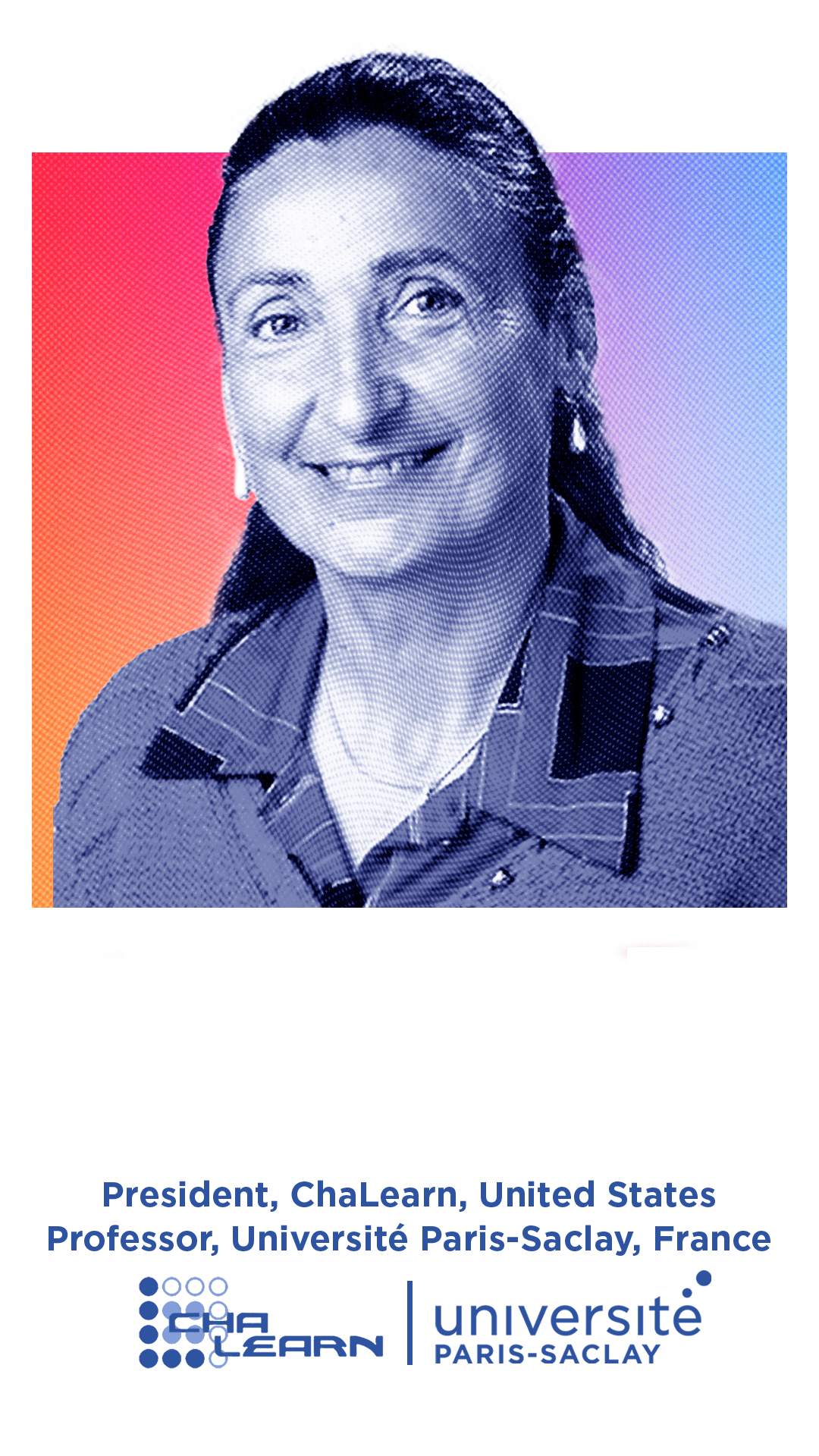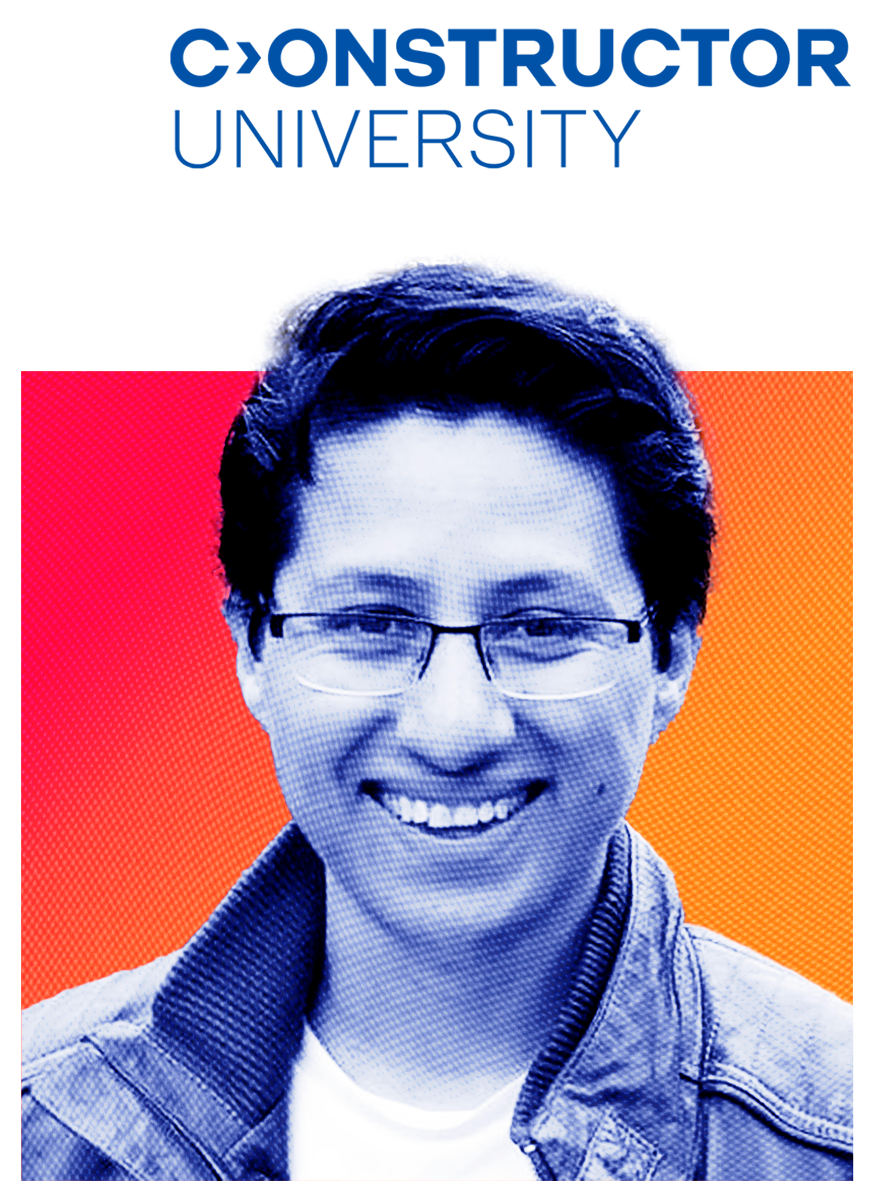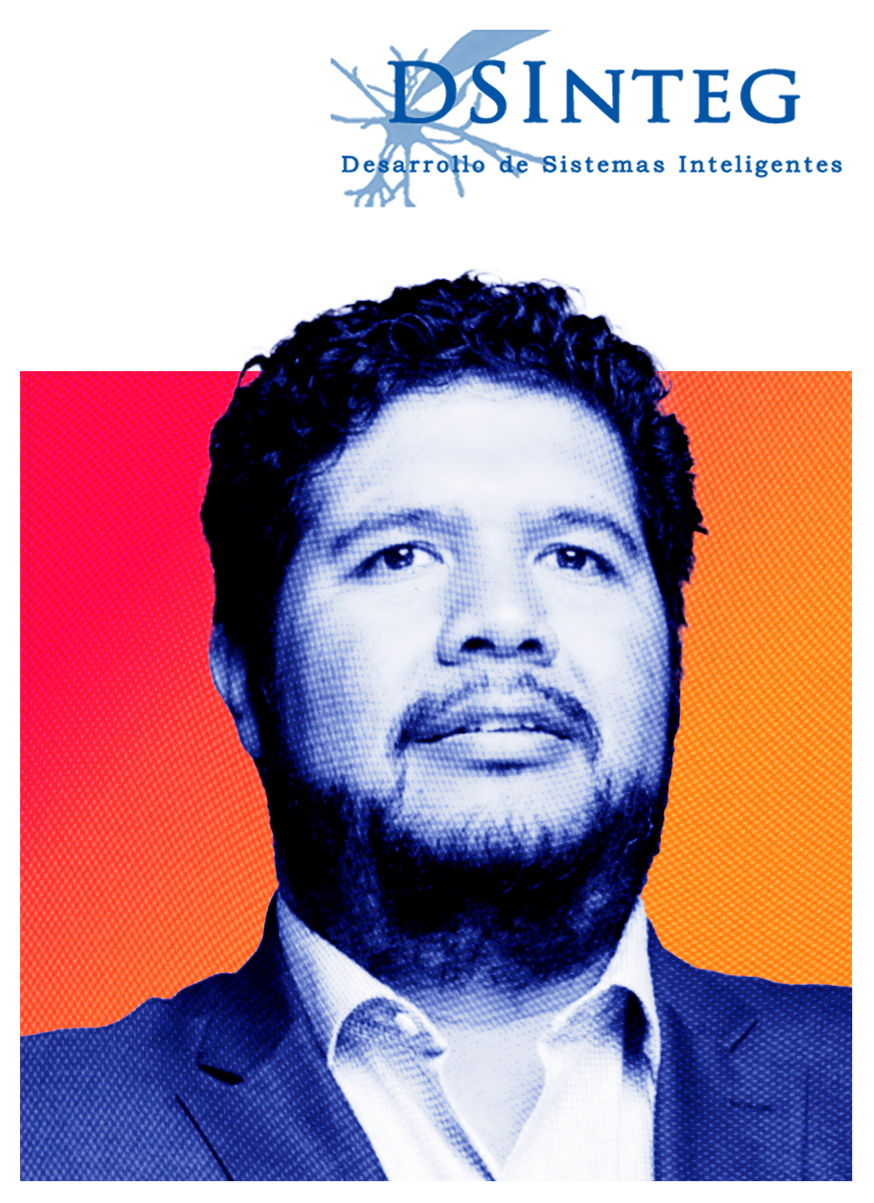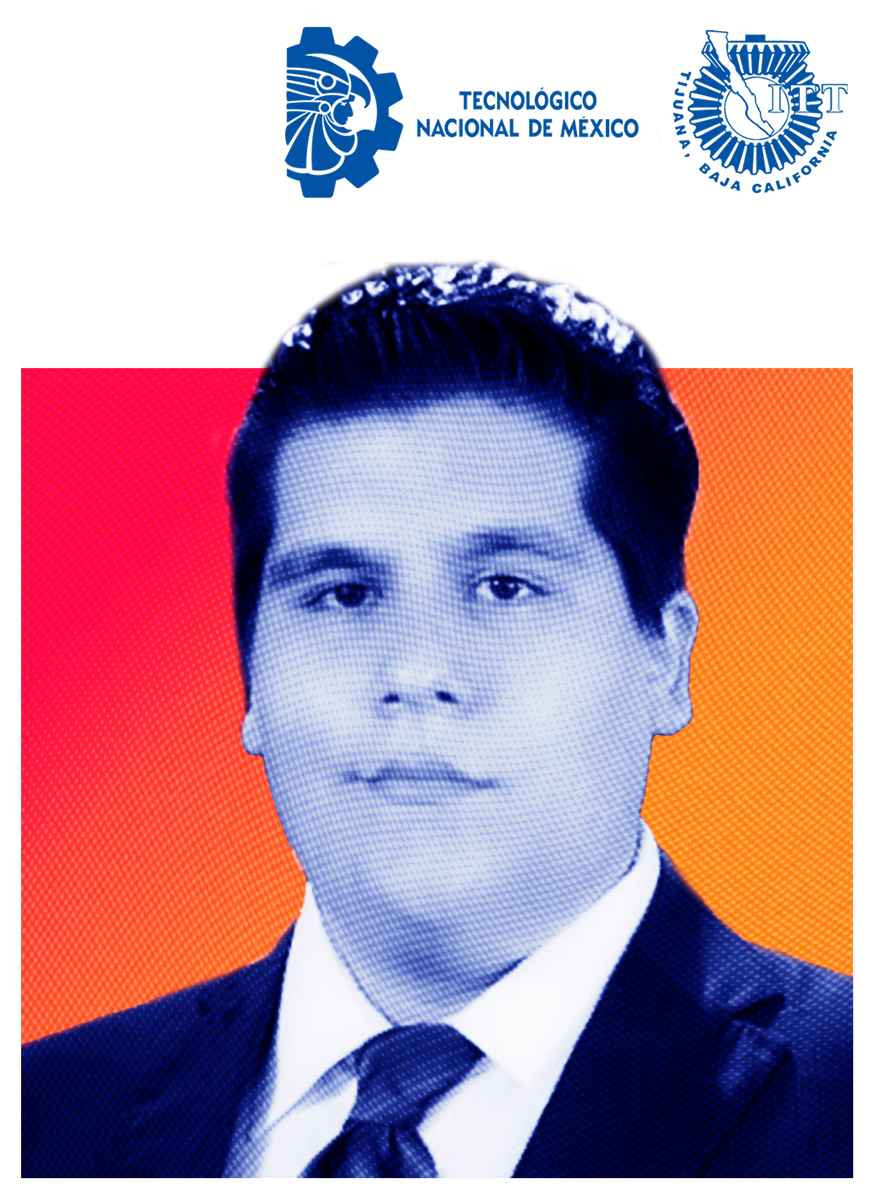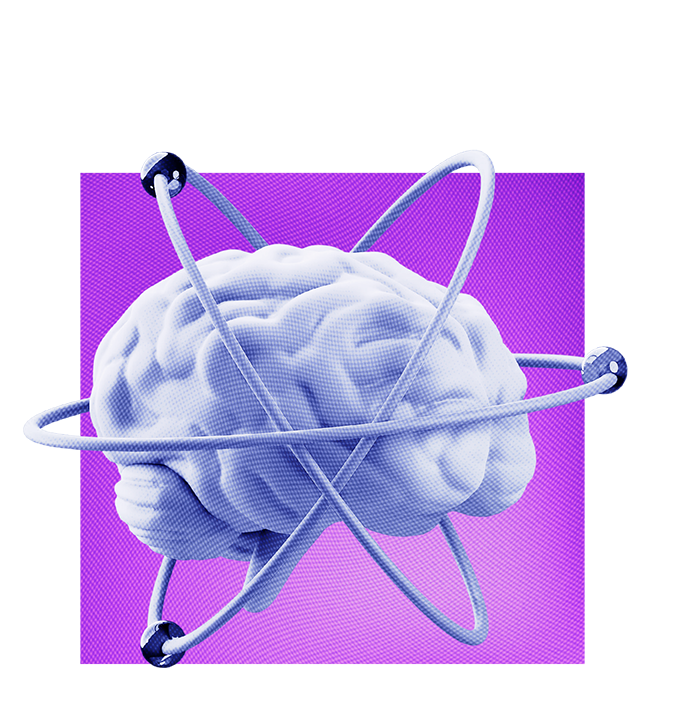ACTIVITIES
Dive into the Action
Panels, tutorials, workshops and more. Explore the full program and make the most of your MICAI experience. Connect, learn, and be part of the future of AI.
Meet Our
KEYNOTE SPEAKERS

Humberto Sossa
"Why neural networks are such a powerful tool"

- Recipient of the National Computing Award (2021)
- Promotor of intelligent robotics
- Former President of the Mexican Society for Artificial Intelligence
About the Talk:
Artificial neural networks have become a very useful tool in recent years for solving problems of all kinds. Advances in this field have been driven, on the one hand, by a better understanding of their operation. On the other hand, by the consolidation of the development of processors that enable associated learning algorithms. In this talk, after an introduction, we will explore a set of concepts related to artificial neural networks as operational models of biological brains. We will then explain why artificial neural networks are such a powerful tool today.
Bio:
Humberto Sossa holds a Ph.D. in Computer Science from the National Polytechnic Institute of Grenoble, France. He is a full professor at the National Polytechnic Institute and Director of the Center for Computing Research. He is an Emeritus Member of the National System of Researchers. He is a member of the Mexican Academy of Sciences and a member of the Academy of Engineering. He is also a Senior Member of the Institute of Electrical and Electronics Engineers (IEEE) and the International Society for Neural Networks (INNS). He is a member of the Academy of Computing Machinery (ACM) and a Fellow of the Mexican Society of Artificial Intelligence (SMIA). In 2021, he was awarded the National Computing Prize by the Mexican Academy of Computing (AMEXCOMP). In 2023, he received the Research Award at the National Polytechnic Institute in the area of basic research. In 2024, he received an Honorary Doctorate from the Technological Institute of Ecatepec. He is the author of five textbooks, 13 patents, 32 copyrights, and over 500 conference and journal papers. He has given over 560 invited talks. His research interests include Artificial Intelligence, Machine Learning, Artificial Neural Networks, Image Analysis, Pattern Recognition, Robotics, and Metaverses.

ISABELLE GUYON
"The Role of AI in Scientific Peer Review"
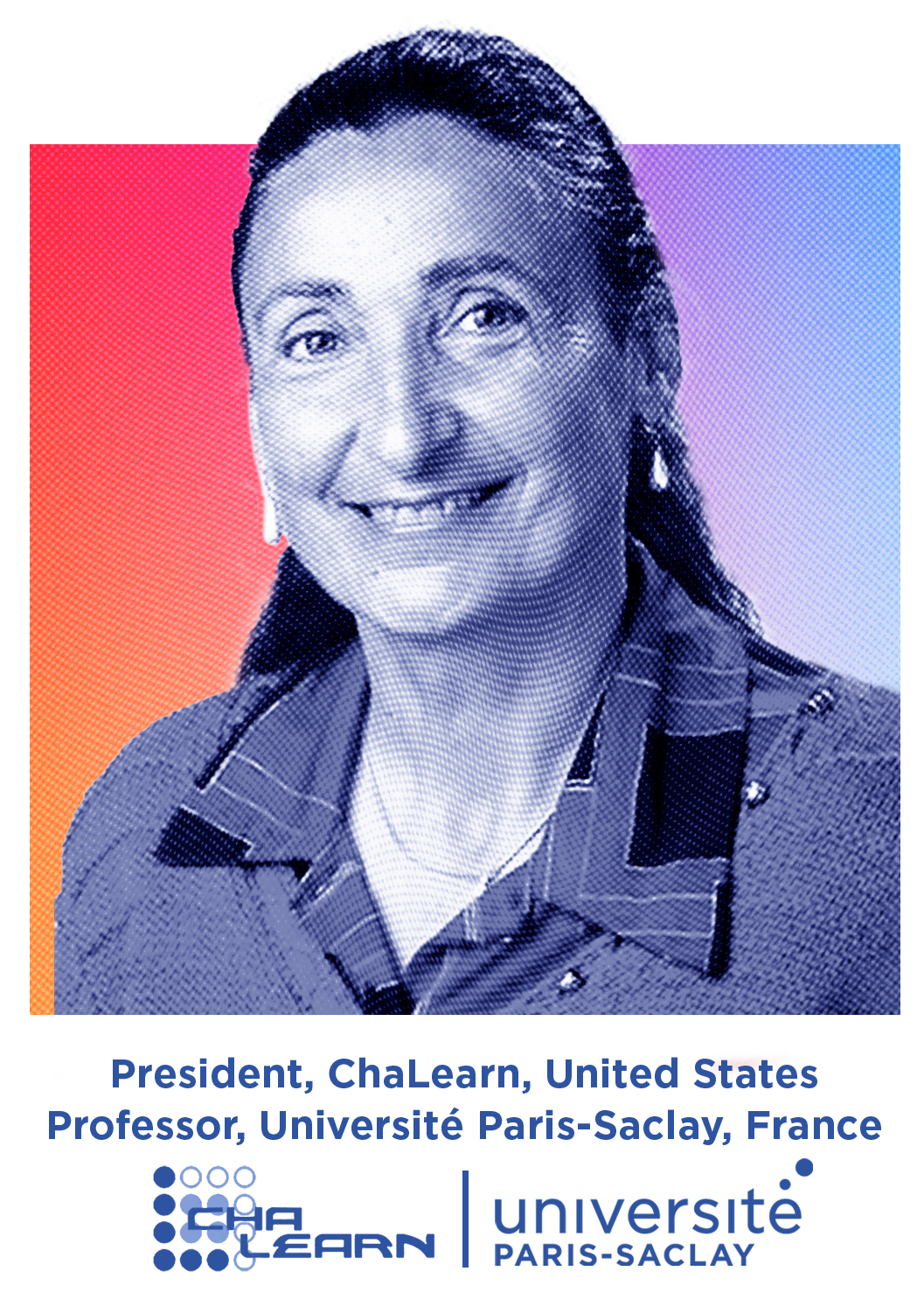
- Co-inventor of Support Vector Machines (SVM)
- Contributor of feature selection algorithms
- Recipient of the BBVA Foundation Frontiers of Knowledge Award (2020)
About the Talk:
One of the pillars of scientific progress, the peer review system, is facing unprecedented challenges. The pressure to publish, coupled with the lack of adequate incentives for reviewers, the sheer volume of submissions, and the difficulties in finding relevant expertise, are pushing the system towards a breaking point. The rise of sophisticated language models (LLMs) has added another layer of complexity, exacerbating the problem by facilitating the generation of potentially low-quality or even fabricated content. However, these very same technological advancements promise to improve the peer review process. In this presentation, we will review recent progress in this area.
Bio:
Isabelle Guyon is Director, Research Scientist at Google, in detachment from her position as professor of Artificial Intelligence at Université Paris-Saclay (Orsay). She specializes in data-centric AI, statistical data analysis, pattern recognition, and machine learning. Her areas of expertise include computer vision, bioinformatics, and power systems. Her recent interests include meta-learning, causal discovery, AI fairness and safety, and Generative AI. Prior to joining Paris-Saclay she worked as an independent consultant and was a researcher at AT&T Bell Laboratories, where she pioneered applications of neural networks to pen computer interfaces (with collaborators including Yann LeCun and Yoshua Bengio) and co-invented with Bernhard Boser and Vladimir Vapnik Support Vector Machines (SVM), which became a textbook machine learning method. She is also the primary inventor of SVM-RFE, a variable selection technique based on SVM. The SVM-RFE paper has thousands of citations and is often used as a reference method against which new feature selection methods are benchmarked. She also authored a seminal paper on feature selection that received thousands of citations. She organized many challenges in Machine Learning since 2003 supported by the EU network Pascal2, NSF, DARPA, and the European Commission, with prizes sponsored by Microsoft, Google, Facebook, Amazon, Disney Research, and Texas Instrument. Isabelle Guyon holds a Ph.D. degree in Physical Sciences of the University Pierre and Marie Curie, Paris, France. She is president of Chalearn, a non-profit dedicated to organizing challenges, action editor of the Journal of Machine Learning Research, editor of the Springer series of Challenges in Machine Learning, and served as program co-chair of NIPS 2016, general co-chair of NIPS 2017, and NeurIPS board member 2018-2024. She serves on the board of Kaggle. She is a 2020 recipient of the BBVA Frontiers in Research Award together with Prof. Schoelkopf and Prof. Vapnik and a member of the French Academy of technologies since 2024.

Stephen Smith
"Smart Infrastructure for Future Urban Mobility"
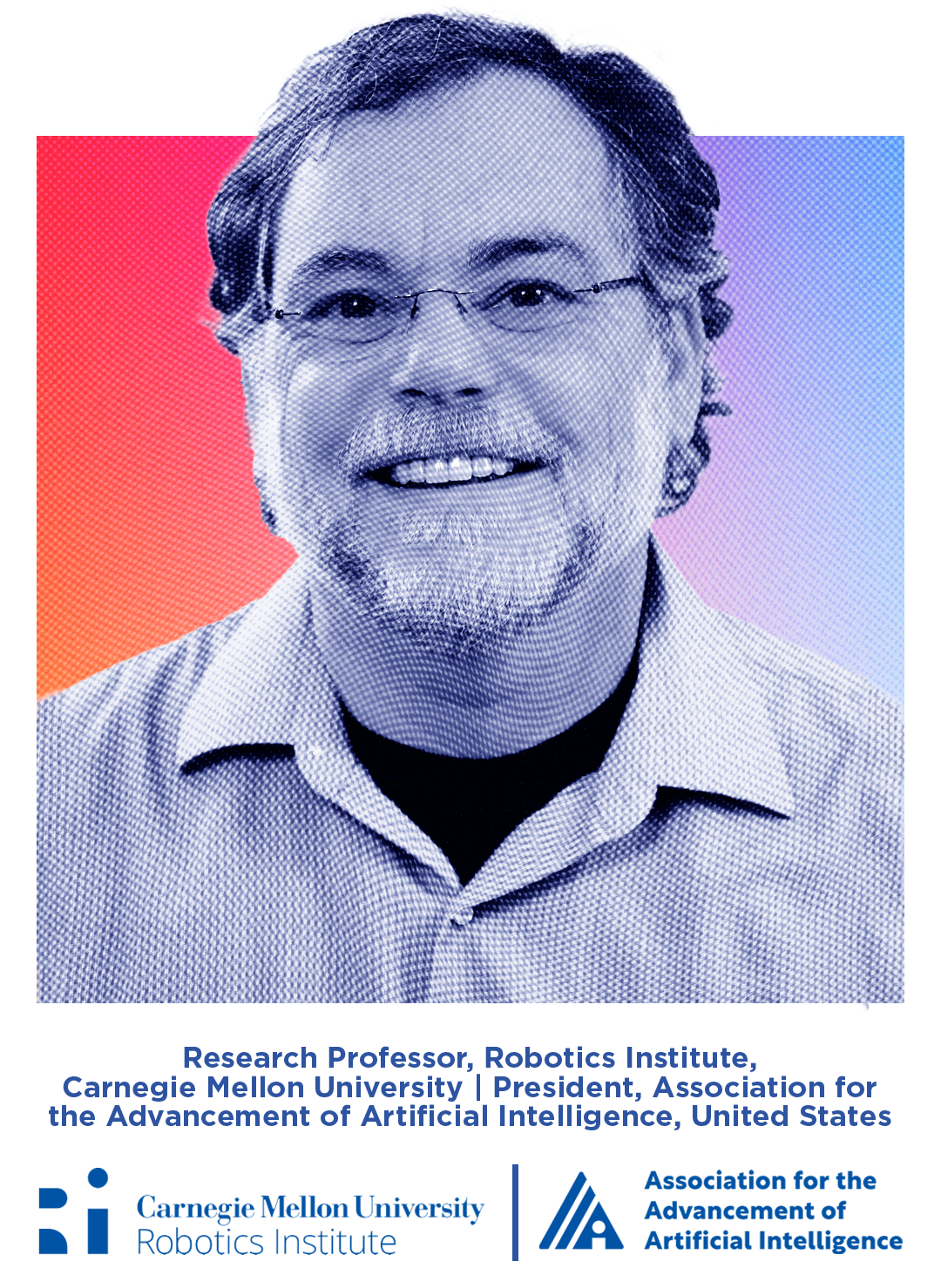
- Pioneer in constraint-based planning and scheduling
- Inventor of real-world urban traffic systems
- President of the Association for the Advancement of Artificial Intelligence
About the Talk:
Real-time traffic signal control presents a challenging multi-agent planning problem, particularly in urban road networks where there are competing dominant traffic flows that shift through the day. Further complicating matters, urban environments require attention to multi-modal traffic flows (vehicles, pedestrians, bicyclists, buses, etc.) that move at different speeds and may be given different priorities. In our research group, we propose Surtrac, a real-time, decentralized adaptive signal control system that optimizes the flow of actual traffic rather than relying on historical predictions, which has now been deployed in over 40 North American cities. The system has been improved over the years, and this talk will summarize this overall research effort and discuss the open research challenges that remain.
Bio:
Stephen F. Smith is a Research Professor of Robotics at Carnegie Mellon University, where he heads the Intelligent Coordination and Logistics Laboratory. Smith’s research focuses broadly on the theory and practice of next-generation technologies for automated planning, scheduling, and control of large multi-actor systems. He pioneered the development and use of constraint-based search and optimization models for solving planning and scheduling problems and has successfully fielded AI-based planning and scheduling systems in a range of application domains. One principal application focus for many years now has been urban mobility and smart transportation infrastructure. His work on smart traffic signals, which combines concepts from artificial intelligence and traffic theory, led to development of Surtrac – an innovative decentralized system for real-time urban traffic signal control that is now deployed in over 40 North American cities. Smith has published over 325 technical papers in the areas of automated planning and scheduling, search-based optimization, multiagent systems and machine learning, and he has received numerous research and best paper awards. He is a Fellow of the Association for the Advancement of Artificial Intelligence (AAAI) and in February 2025 became AAAI President.

VICENTE ORDOÑEZ
"The Multimodal Frontier: Challenges and Opportunities in the New Era of AI"

- Expert on large multimodal models
- Recipient of the US National Science Foundation CAREER Award (2021)
- Winner of the IEEE Marr Prize in fundamental computer vision
About the Talk:
The aim of artificial intelligence has moved from mastering single domains to achieving a holistic understanding of our world. This new era is defined by multimodality—the ability to reason coherently across images, text, sound, and video. In this keynote, I will explore this frontier, contextualizing major breakthroughs and identifying critical obstacles to real-world impact. Drawing on research from our research group at Rice University, I will delve into specific solutions, including: Anchoring Language in Reality, Learning from Less, and From Understanding to Creating. Finally, I will argue that efficiency—in data, computation, deployment and human-AI interaction — are important factors to unlock the transformative potential of multimodal AI, moving it from the laboratory to our daily lives.
Bio:
Vicente Ordóñez is an associate professor in computer science at Rice University where he directs the Vision, Language and Learning Lab. He is also a member of the Ken Kennedy Institute where he leads a research cluster on computer vision. His work is at the intersection of computer vision, machine learning and natural language processing and explores developing artificial intelligence models from multimodal data. He has received the Marr Prize — Best Paper Award — at the International Conference on Computer Vision (ICCV) and a Best Paper Award at the Conference on Empirical Methods in Natural Language Processing (EMNLP). His experience includes visiting and part time appointments at the Allen Institute for Artificial Intelligence, Adobe Research, and the Amazon Alexa AI and Amazon AGI Foundations teams. His research has been funded by the US National Science Foundation, and gifts from Google, IBM, Facebook, Salesforce, SAP, Amazon, Adobe, Snapchat, among others. Vicente holds a PhD in computer science from the University of North Carolina at Chapel Hill, an MS in computer science from Stony Brook University and an engineering degree from the Escuela Superior Politécnica del Litoral in Ecuador.

Lydia Kavraki
"Robotics, AI, and the Quest for Human-Centered Autonomous Systems"
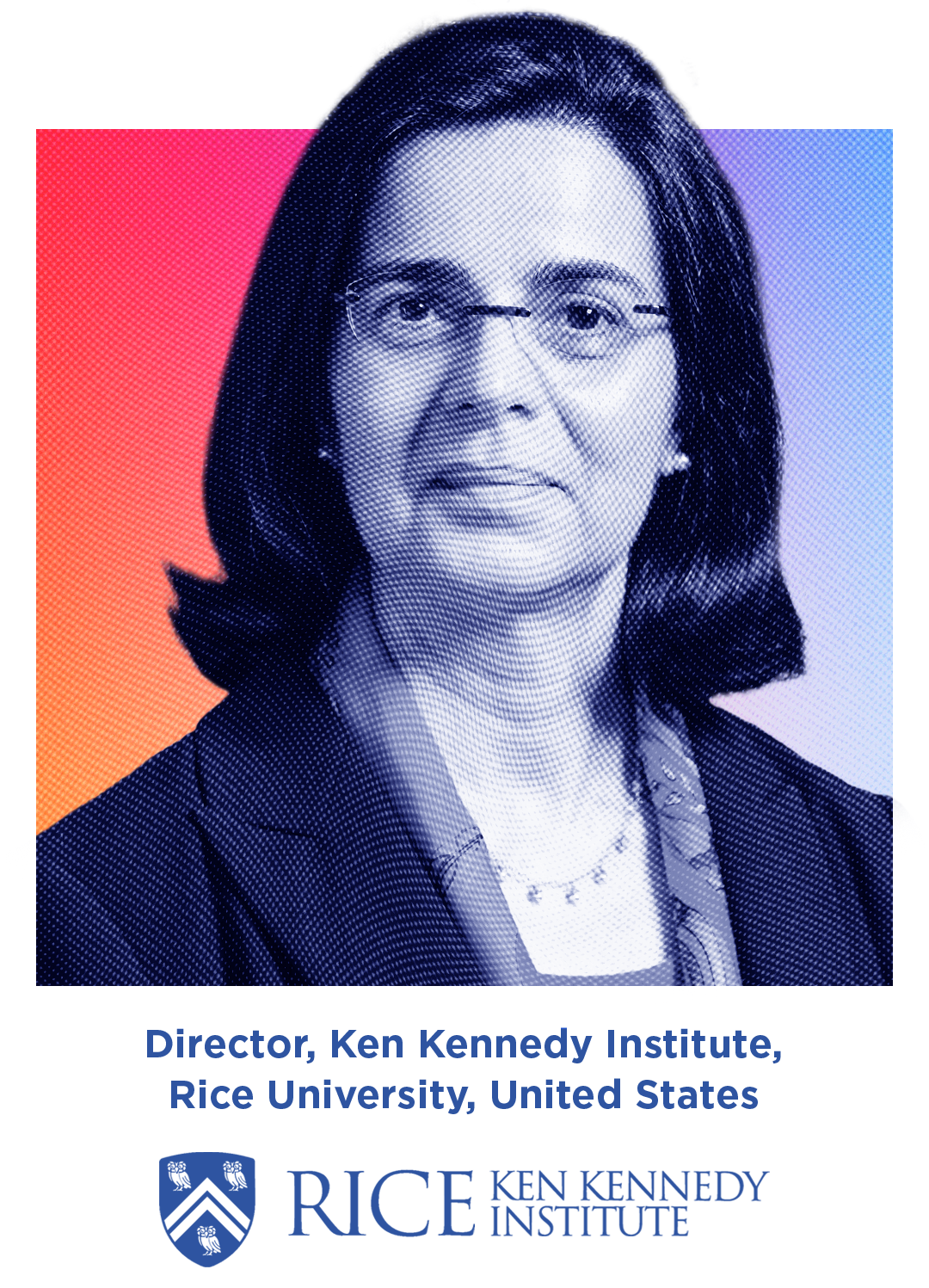
- Inventor of the Probabilistic Roadmap Method (PRM)
- Bridges robotics and biomedical discovery
- Recipient of the IEEE Robotics Pioneer Award (2020)
About the Talk:
Spurred by advances over the last sixty years, robots are no longer confined to factories; they are increasingly integrated into human environments, collaborating closely with people on a diverse range of tasks. As these systems evolve to tackle even more complex roles, a multitude of theoretical and practical challenges arise to ensure their reliability and performance. This talk will delve into the intricacies of developing human-centered robotic systems, placing particular emphasis on the computational underpinnings of motion planning.
Bio:
Lydia E. Kavraki is the Kenneth and Audrey Kennedy Professor of Computing and professor of Computer Science and Bioengineering at Rice University. She is also the Director of the Ken Kennedy Institute for AI and Computing. Kavraki’s research develops the AI and the algorithmics needed to connect the digital to the physical world. She has two main areas of application for her research. In robotics, she develops methodologies for motion planning, machine learning methods for reasoning under uncertainty, and multi-modal frameworks to instruct robots and collaborate with them. In computational biomedicine, she develops AI methods for understanding biomolecular interactions and aiding the design of new therapeutics. Kavraki is a member of the National Academy of Engineering, the National Academy of Sciences, the National Academy of Medicine, and the American Academy of Arts and Sciences. She is the recipient of the IEEE Robotics and Automation Society Pioneer Award and the IEEE Frances E. Allen Medal.

Reusable Deep Learning Training Sandboxes: Building a Platform for Flexible Model Development
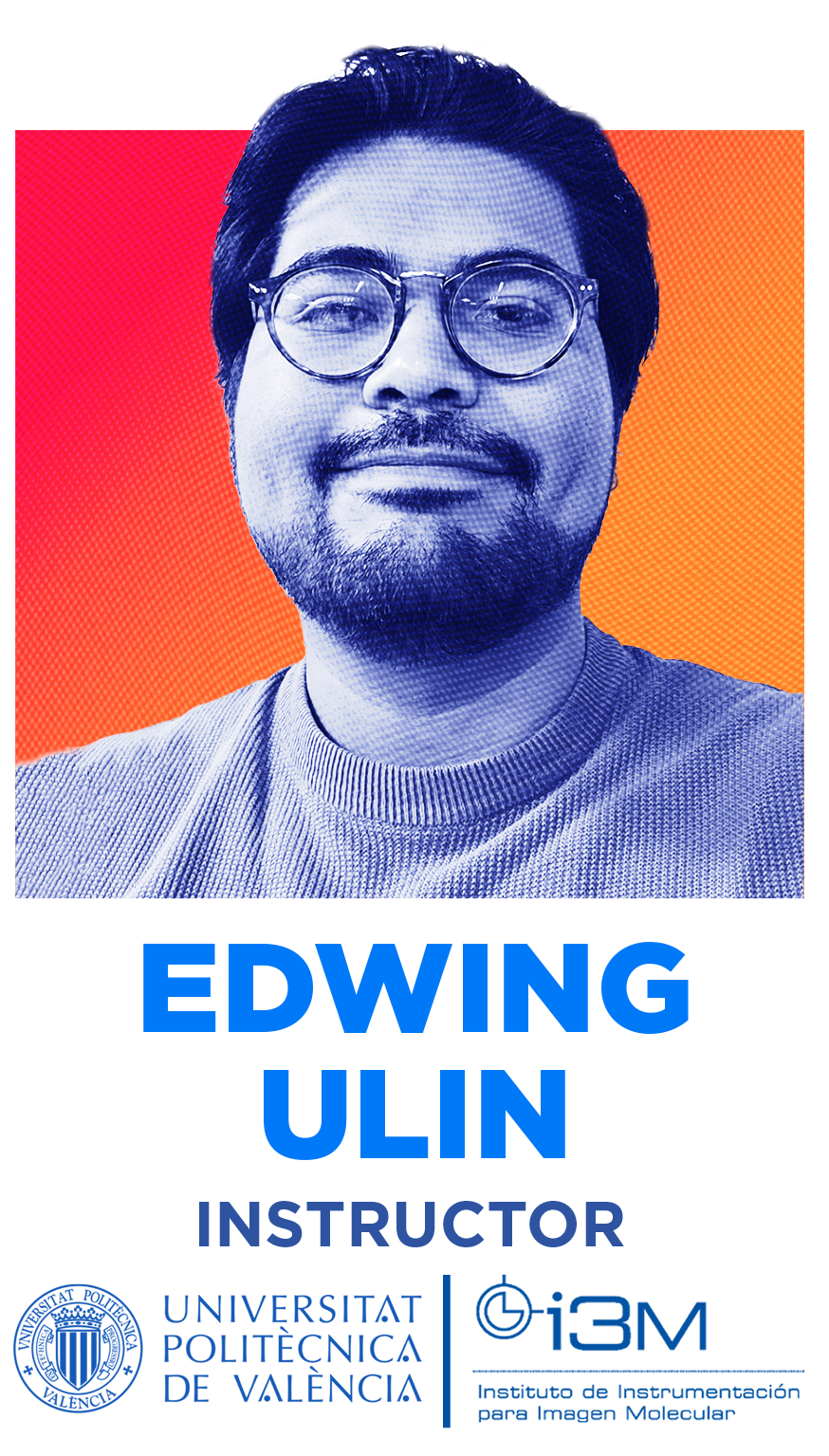
Abstract
This tutorial presents a method for creating a reusable deep learning training sandbox tailored for image-based datasets. Participants will learn how to set up a flexible environment that supports the development and training of multiple deep learning models. Key features include the use of configuration files for easy deployment, integrated logging for experiment tracking, object-oriented design for modular model building, and efficient memory management using HDF5 file storage. The session will offer live code demonstrations and interactive Jupyter notebooks, enabling attendees to replicate the sandbox setup and conduct their own experiments. The platform is built primarily with PyTorch and supporting open-source tools, providing a practical framework for rapid prototyping and experimentation in deep learning research.
Target Audience
This tutorial is designed for individuals interested in deep learning applications for image data, including both beginners and those with some prior experience. It is suitable for students, researchers, and practitioners who wish to streamline the process of training and experimenting with deep learning models on image datasets.
Pre-requisites
Participants are expected to have at least basic knowledge of Python programming. No previous experience in deep learning frameworks is required, although familiarity with machine learning concepts or tools such as PyTorch will be beneficial.
Technical requirements
– Attendees should bring laptops with Python (preferably 3.8 or newer) installed
– Recommended: Anaconda or Miniconda for environment management
– Pre-installed PyTorch, Jupyter Notebook, HDF5 support (via h5py), numpy, and TensorBoard
– Example datasets (to be provided)
– For advanced exercises: Access to GPUs is desirable but not required; all core exercises will be runnable on CPU

AI Agents using Small Language Models
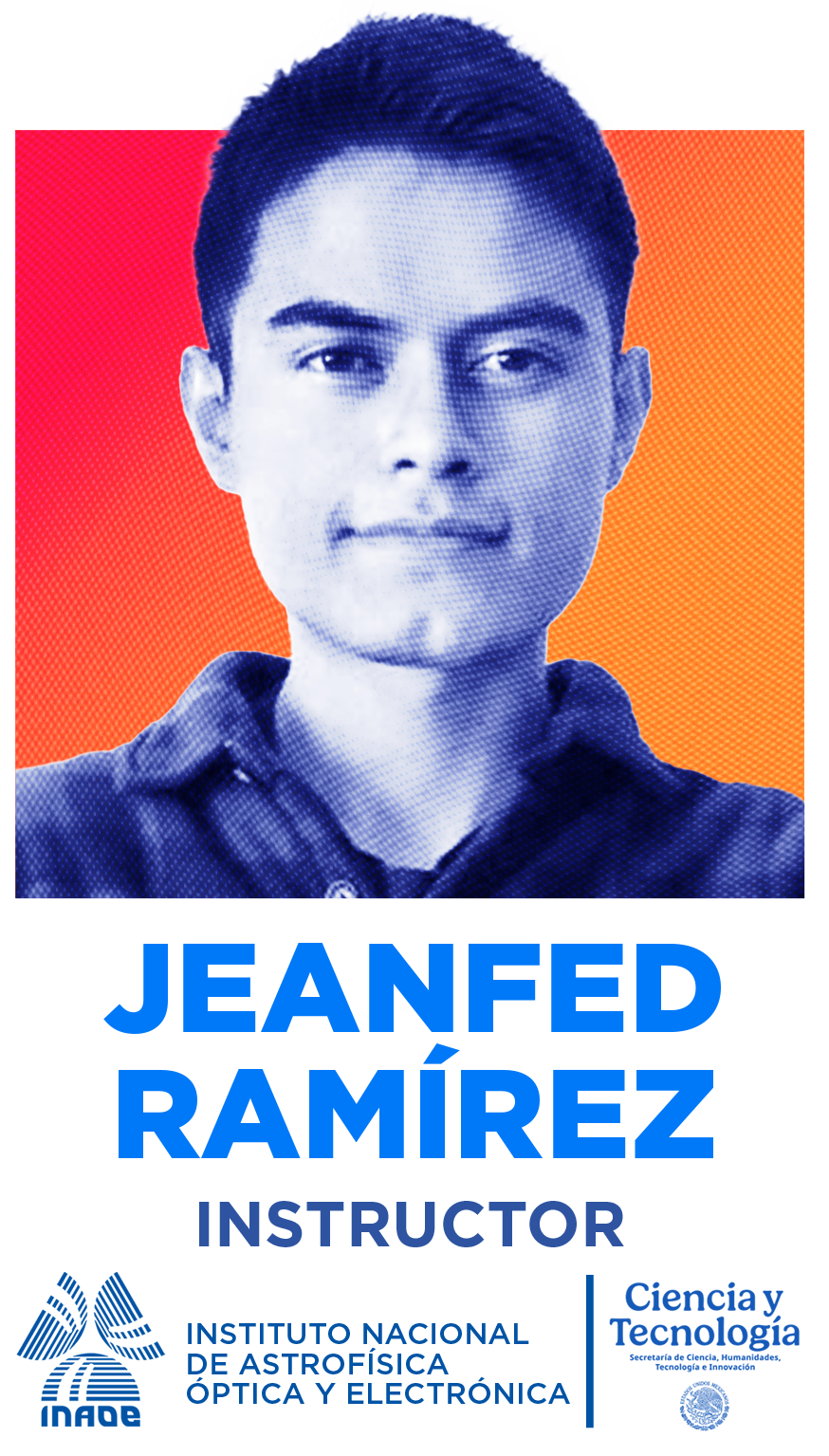
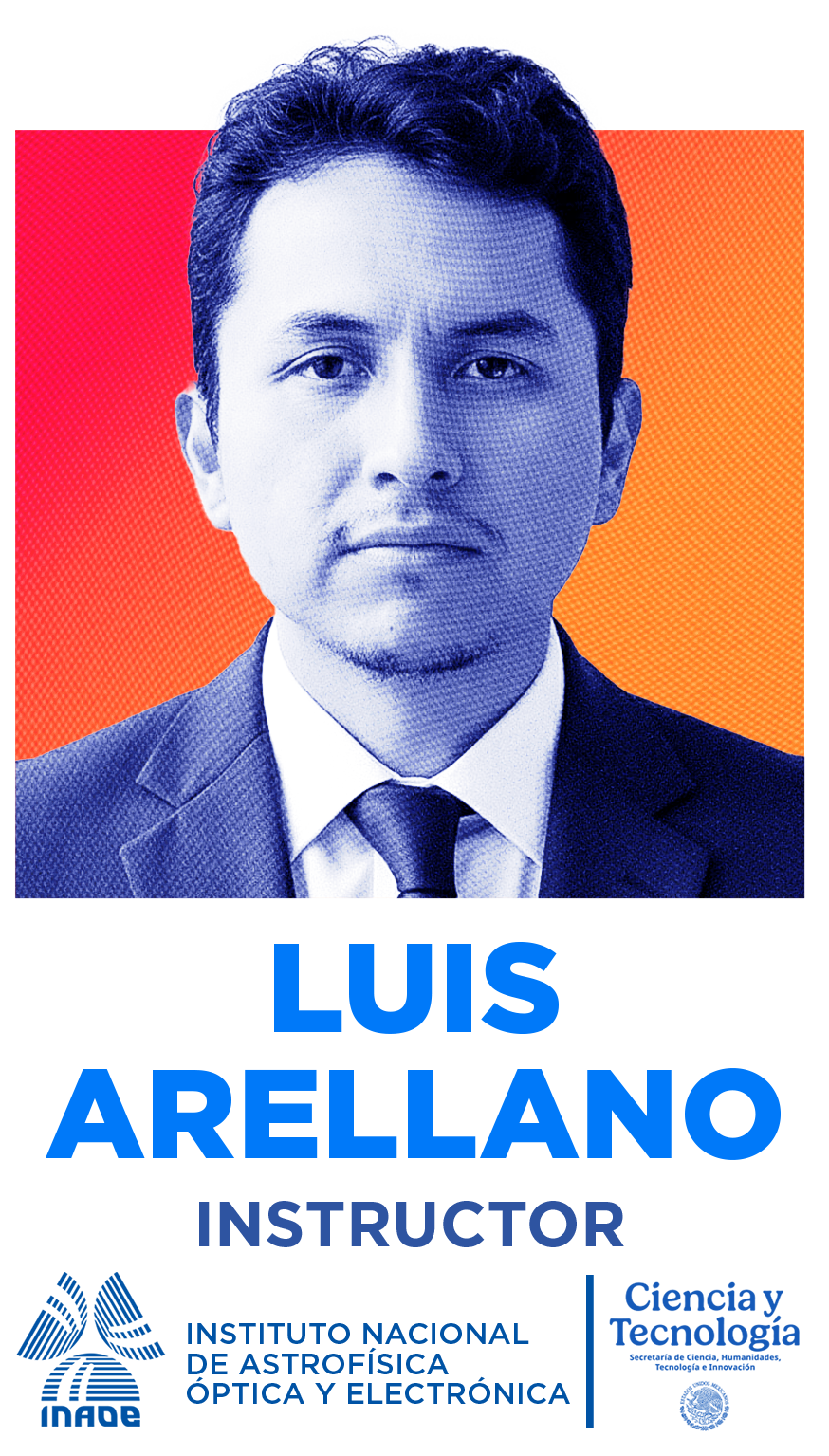
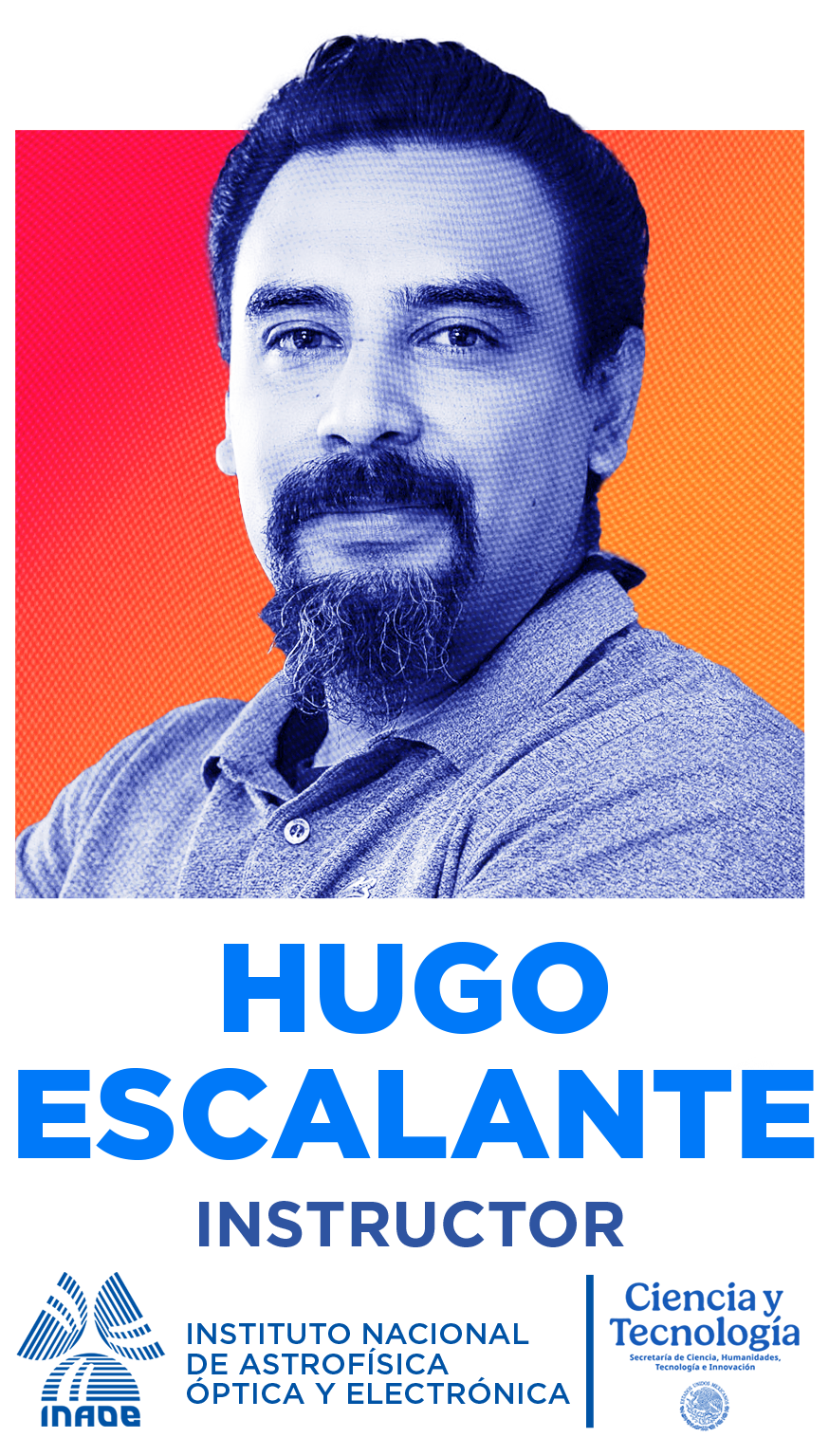
Abstract
Large Language Models (LLMs) have revolutionized complex problem-solving in recent years. However, their significant computational requirements make them infeasible for deployment on personal computers and edge devices. This is where Small Language Models (SLMs), efficient models often derived from their larger counterparts, excel. SLMs are particularly powerful for building the next generation of autonomous AI Agents. This tutorial provides the fundamentals of modern language models, focusing on the Transformer architecture and the attention mechanism. We will then cover the principles of Agentic AI and demonstrate how to build agents using SLMs. The tutorial will feature hands-on practical exercises for all major topics covered.
Target Audience
The target audience comprises students, researchers, and practitioners of AI and machine learning. Graduate and advanced undergrad students will be the ideal audience.
Pre-requisites
Basic knowledge of machine learning is needed, and basic programming with Python skills are fundamental, as well as basic concepts of linear algebra, statistics, and optimization. The tutorial is expected to be presented in English; therefore, understanding of the language is essential.
Technical requirements
We are planning a completely on-site session. Requirements for the instructors include: internet access for instructors and attendees, a projector, a USB-C adapter, and a desk. The requirements for attendees include: a laptop with internet access, a Google account (we will be using CoLab for some of the practical exercises), and appropriate desk furniture for students.

Towards understanding Large Language Models: a hands-on approach
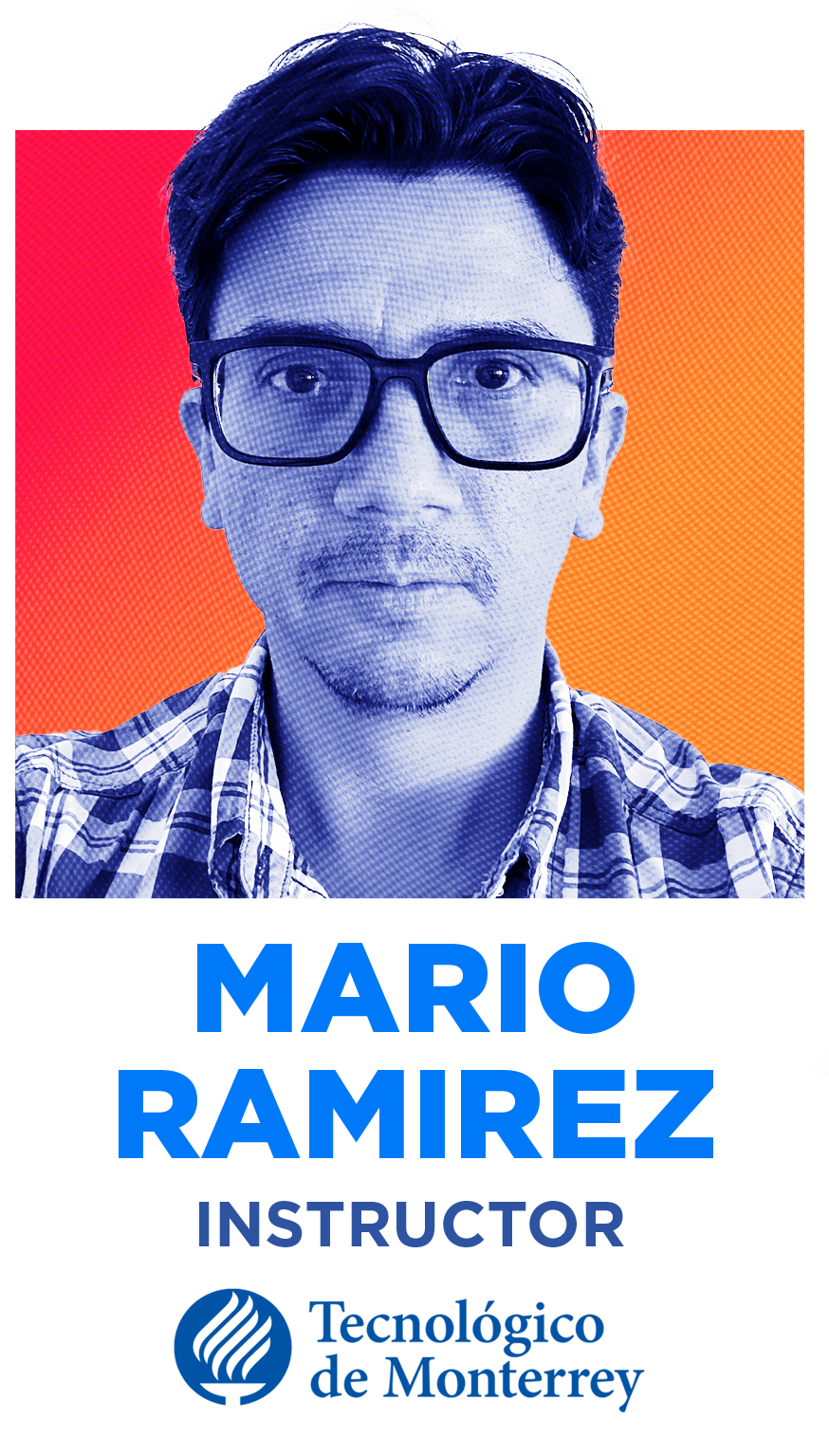
Abstract
This tutorial introduces the foundational concepts and methods required to build a large language model (LLM) from scratch. Participants will learn the essential pipeline, starting with text data preparation and tokenization, followed by the construction of word embeddings and the self-attention mechanism. Then we explore the transformer architecture, highlighting its key components and why it has become the standard for modern NLP. Finally, we demonstrate how to train a small transformer model and evaluate it using standard metrics such as cross-entropy loss and perplexity. Emphasis is placed on both theoretical understanding and practical implementation, enabling attendees to gain a solid grounding in the principles that underlie today’s state-of-the-art LLMs.
Target Audience
Researchers and academics who want to understand the foundations of LLMs, from data preparation to the transformer architecture.
Graduate students (MSc/PhD) in computer science, data science, artificial intelligence, or related fields interested in natural language processing and deep learning.
Undergraduate students (senior level) in computer science, data science, applied math, or related fields.
Practitioners and engineers with prior exposure to machine learning who want to bridge theory and implementation of large language models.
Pre-requisites
Basic knowledge of Python programming.
Familiarity with linear algebra, probability, and neural networks.
Some exposure to deep learning frameworks (PyTorch) is helpful but not strictly required.
Technical requirements
Venue Setup
– Projector or large screen with HDMI/VGA input for live coding demos.
– Good audio system with microphone.
– Whiteboard and markers for explaining equations.
Internet Connectivity.
– Stable high-speed Wi-Fi.
– Sufficient access points or boosted signal for Colab users.
– Ensure Google services (Colab, Drive, GitHub) are not blocked by firewalls.
Power Supply.
– Multiple power outlets distributed across seating for laptops.
– Backup extension cords in case of limited wall plugs.
Computing Requirements (for participants).
– Each participant must bring a laptop with Chrome/Firefox.
– Google account to access Colab notebooks.
– (Optional) Pre-install Git if code will be cloned from a repo.

An introduction to two modern deep generative modeling approaches: Denoising Diffusion and Flow Matching
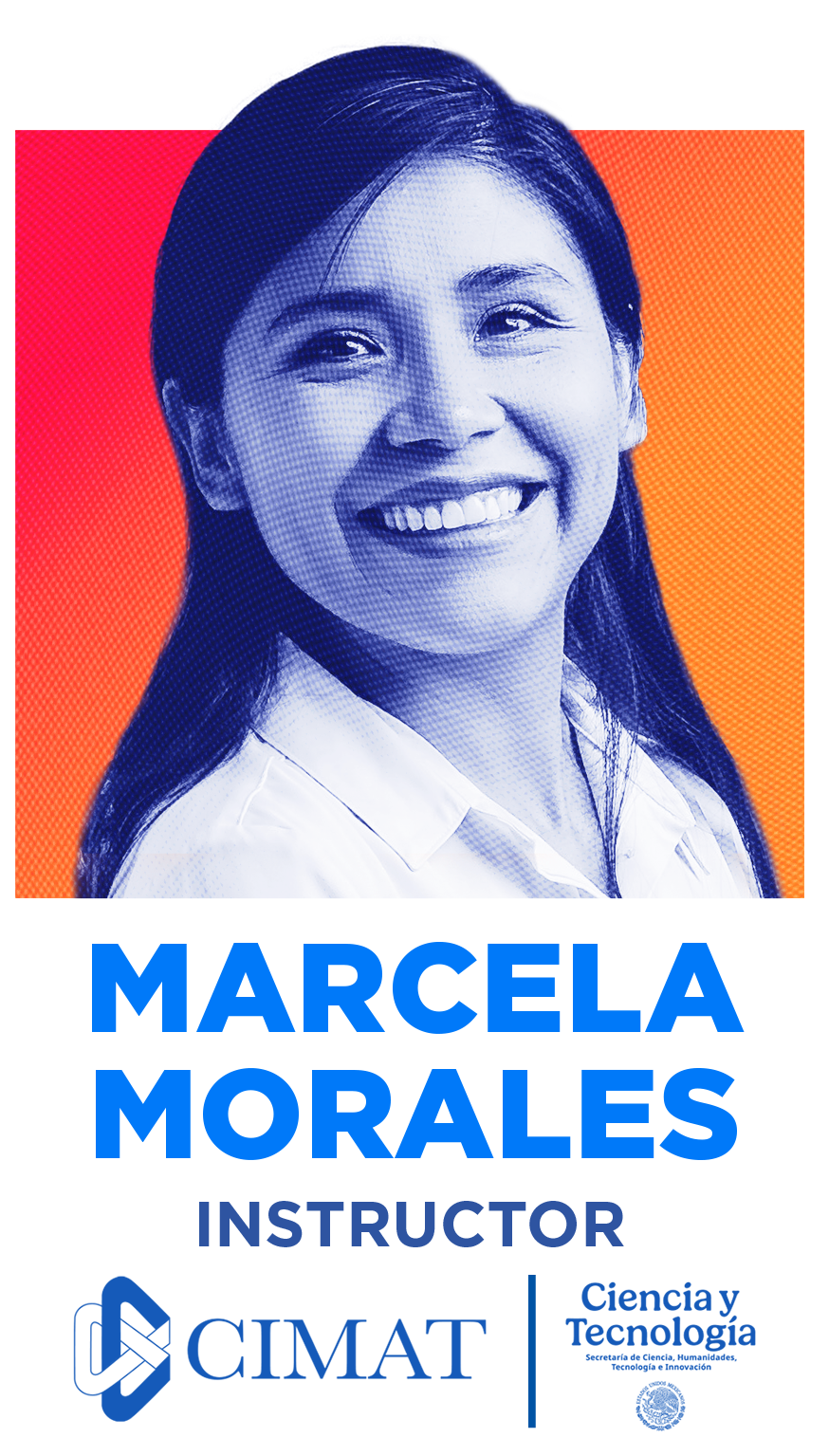
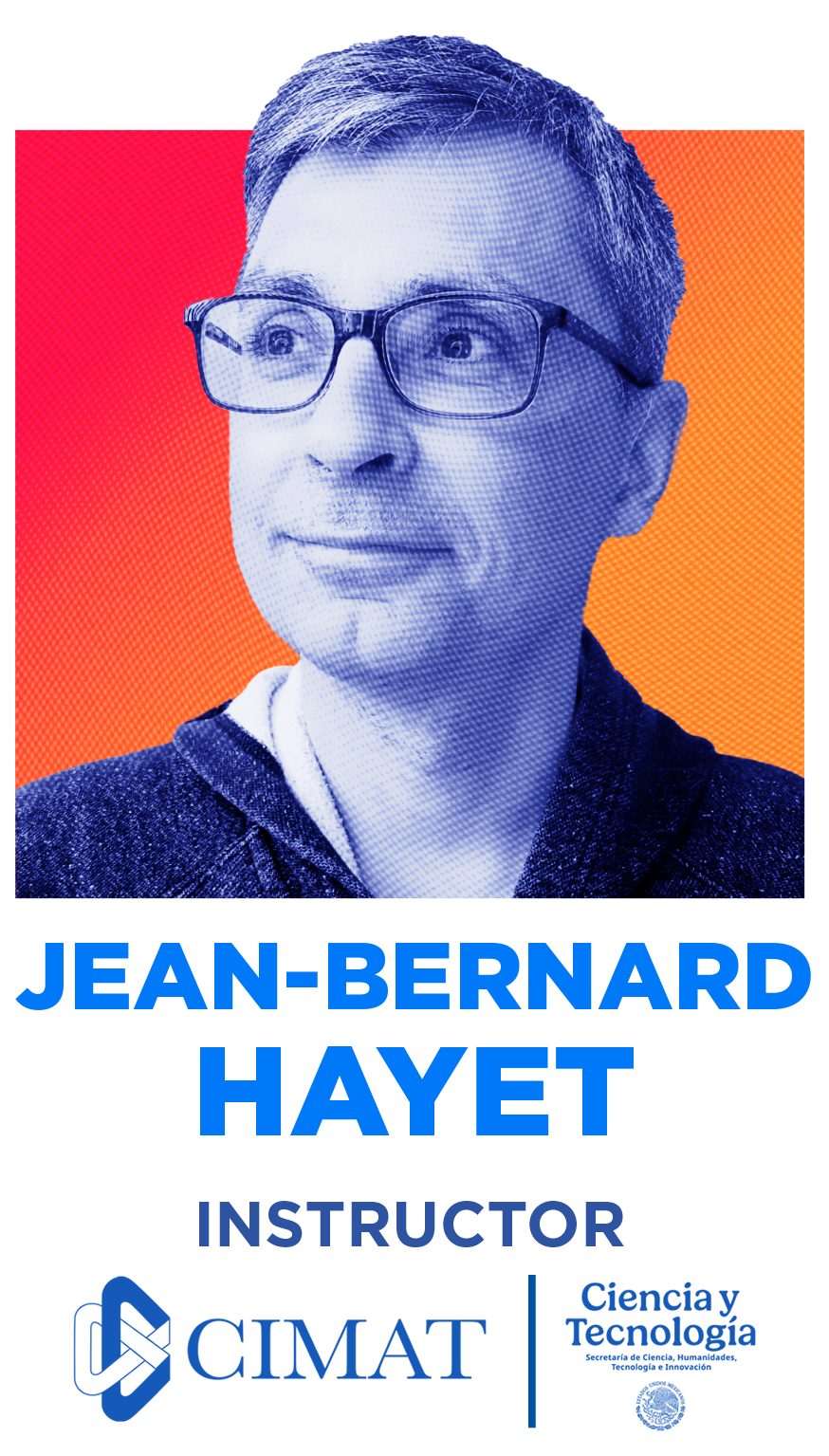
Abstract
Generative AI has become omnipresent in our daily lives, with the use of automated tools to produce texts or images being in a constant rise. In this tutorial, we will describe the mathematical foundations of the most recent generative models behind generative AI, namely denoising diffusion models and flow matching. In both cases, we will explain the theoretical grounds behind the approach and we will follow hands-on in Google Colab for the participants to get familiarized with their implementation.
Target Audience
Undergraduate and graduate students eager to learn about new generative techniques with deep learning models.
Pre-requisites
Python. Hands-on experience with machine learning models.
Technical requirements
For the participants: Laptop with Internet Connection.
For the speakers: Projector, Internet Connection, Power plugs for the participants.

Building Multi-Agent Networks with LangGraph: From Theory to Business Applications
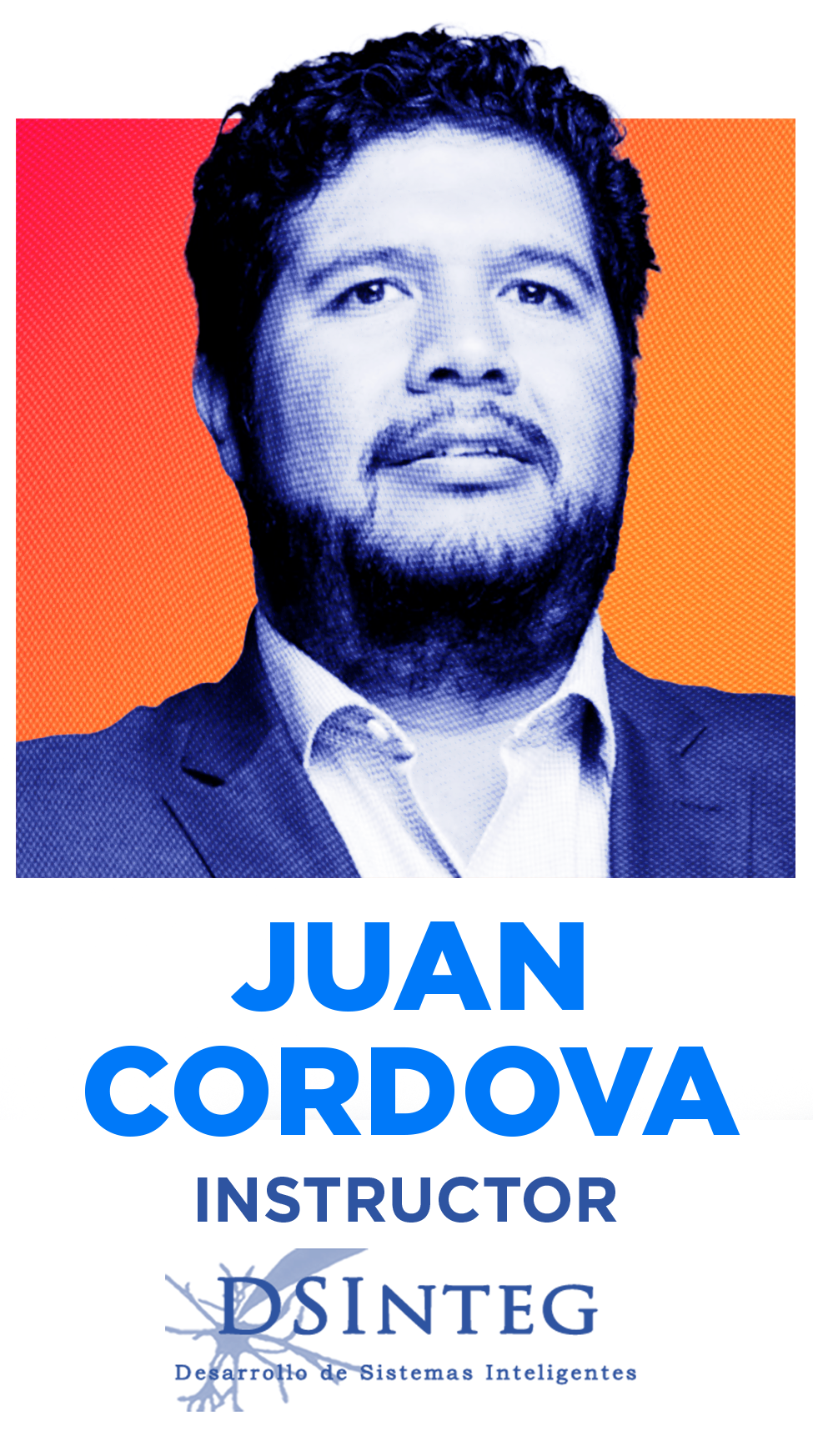
Abstract
This tutorial introduces participants to the design, implementation, and deployment of intelligent multi-agent systems using LangGraph, a cutting-edge orchestration framework for Large Language Models (LLMs). Participants will learn how agent networks can be structured to solve complex tasks in a coordinated way, enabling real-world AI-first transformation across industries.
The session combines theoretical foundations with hands-on practice, covering essential principles of agent-based systems, orchestration strategies, memory management, communication protocols, and integration with external data sources. Real business case studies from financial services, retail, logistics, and education will be used to illustrate how agent networks provide scalability, adaptability, and measurable business impact.
By the end of the tutorial, participants will be able to design their own agent workflows and deploy prototypes applicable to research and enterprise innovation.
Target Audience
The tutorial is designed for researchers, graduate students, data scientists, and industry professionals interested in advanced applications of artificial intelligence. It is particularly relevant for those exploring LLM orchestration, multi-agent systems, and AI-first business transformation.
Pre-requisites
- Intermediate programming in Python
- Basic knowledge of machine learning concepts
- Familiarity with LLMs (ChatGPT, GPT-4/5, etc.) is recommended but not required
Technical requirements
- Computer with Python 3.10+ installed
- Visual Studio Code (recommended IDE)
- Stable internet connection
- Access to LangGraph and LangChain libraries
- Optional: API access to OpenAI or other LLM providers

Research Meets Deployment: Designing Reliable AI Agents
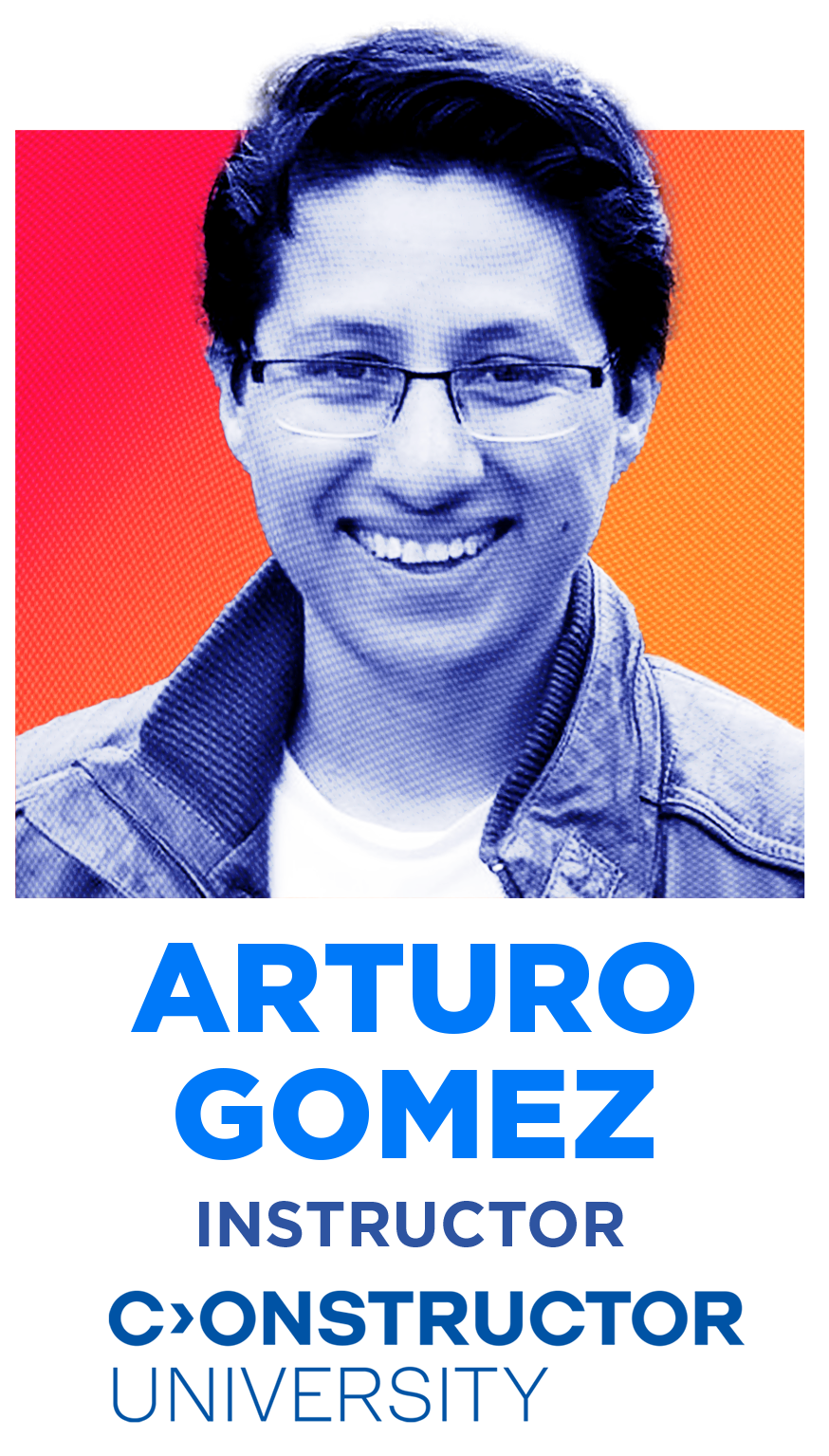
Abstract
This tutorial, Research Meets Deployment: Designing Reliable AI Agents, provides participants with the foundational knowledge and hands-on skills to move from prototypes to production-ready LLM/AI-agent systems. Through a structured exploration of agentic architecture patterns, workflow design, and evaluation methodologies, the course bridges the gap between research innovation and real-world deployment.
Participants will gain practical experience with modern frameworks for large language model (LLM) orchestration, learn techniques for monitoring and observability, and understand the principles of reliability, safety, and scalability in production environments. The tutorial culminates in a mini-demo where attendees design and deploy a functional AI agent pipeline, equipping them with both conceptual understanding and practical tools for building robust, trustworthy AI solutions.
Target Audience
In general, any computer science practitioner and/or researcher with Python proficiency who wants to advance beyond basic LLM API usage, standalone demos and experiments, and instead learn how to design, evaluate and deploy AI agentinc workflows in real-world scenarios; i.e., robotics, healthcare, manufacturing, etc.
Most of the cases, the ones who fit the above description are undergraduate students in their final semesters and graduate students and researchers focused on engineering, computing, and science with an interest in the implementation of artificial intelligence (AI) as models.
Pre-requisites
1) Solid Python proficiency: Participants should be comfortable with programming fundamentals including functions, classes, data structures, and working with APIs. We will write and debug code from the beginning.
2) Problem-solving mindset: Developing with LLMs requires iteration and experimentation. A willingness to debug non-deterministic behaviors and refine solutions is essential.
Not Required
- No deep background in machine learning theory or advanced mathematics.
- No formal computer science degree; practical programming experience is what truly matters.
- Prior AI/ML/LLM experience is preferred but not mandatory.
Technical requirements
- Internet connection
- Laptop/Computational Unit
- Integrated Development Environment (IDE) such as PyCharm, VS Code, or Jupyter Notebook.
- Participants need to install only two essential software tools tools: git and uv
- Participants need to obtain a GOOGLE_API_KEY from Google Studio. This key allows the notebooks to use Google’s Gemini models. The service offers a generous free tier that is sufficient to run the tutorial exercises at no cost.

Beyond Commercial APIs: Hosting Open LLMs for Your Needs
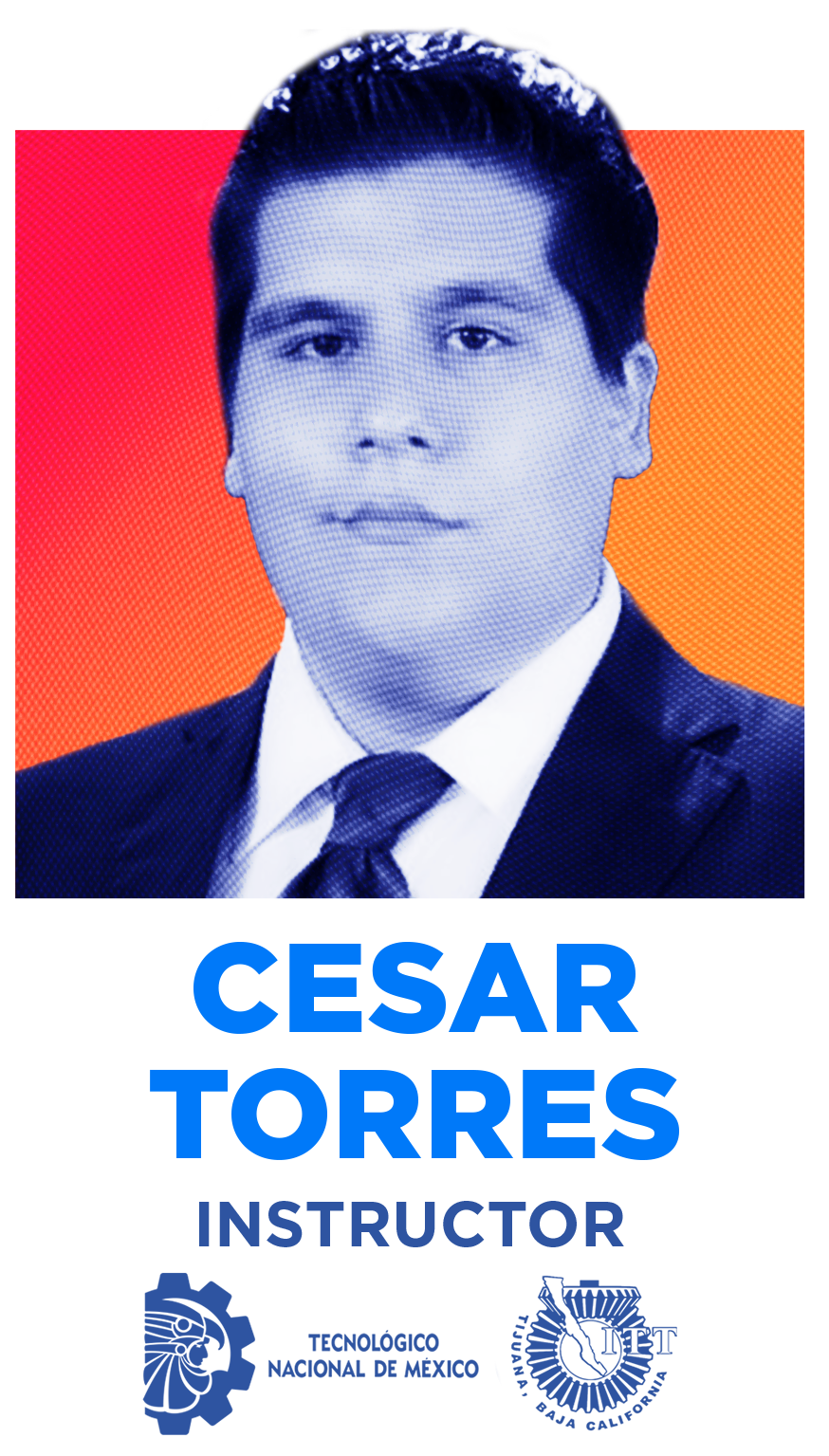
Abstract
This tutorial provides a practical introduction to hosting and serving open large language models (LLMs) as an alternative to commercial API-based solutions. Participants will learn about free and adapted open-source models, serving backends such as vLLM and MS-Swift, and deployment scenarios across different hardware, from laptops to GPU servers. Through live demonstrations, the tutorial will show how to host LLMs locally, integrate them into applications, and build/use custom front-ends. The goal is to empower developers and researchers with the skills to deploy cost-effective, privacy-preserving, and customizable AI systems tailored to their own needs.
Target Audience
This tutorial is intended for developers, researchers, and practitioners interested in deploying and serving their own models. It will benefit participants at the intersection of software and hardware who seek to use LLMs without relying on commercial APIs.
Pre-requisites
- Basic knowledge of AI/ML concepts.
- Familiarity with Python and Linux environments is recommended but not mandatory.
- Basic knowledge of API and HTTP requests.
Technical requirements
Projector for live demonstration.- Wi-Fi router to create a local network where participants connect with their laptops for sharing models and inference.
- Hugging face account.
- GitHub account.
- Participant laptops (for interacting with small models, 1B–3B).
- Optional: Desktop with Nvidia GPU (for demonstrations with larger models).
- Presenter laptop (with GPU) as fallback.

AI in Practice: Managing Tools and Developing Models for Research Applications
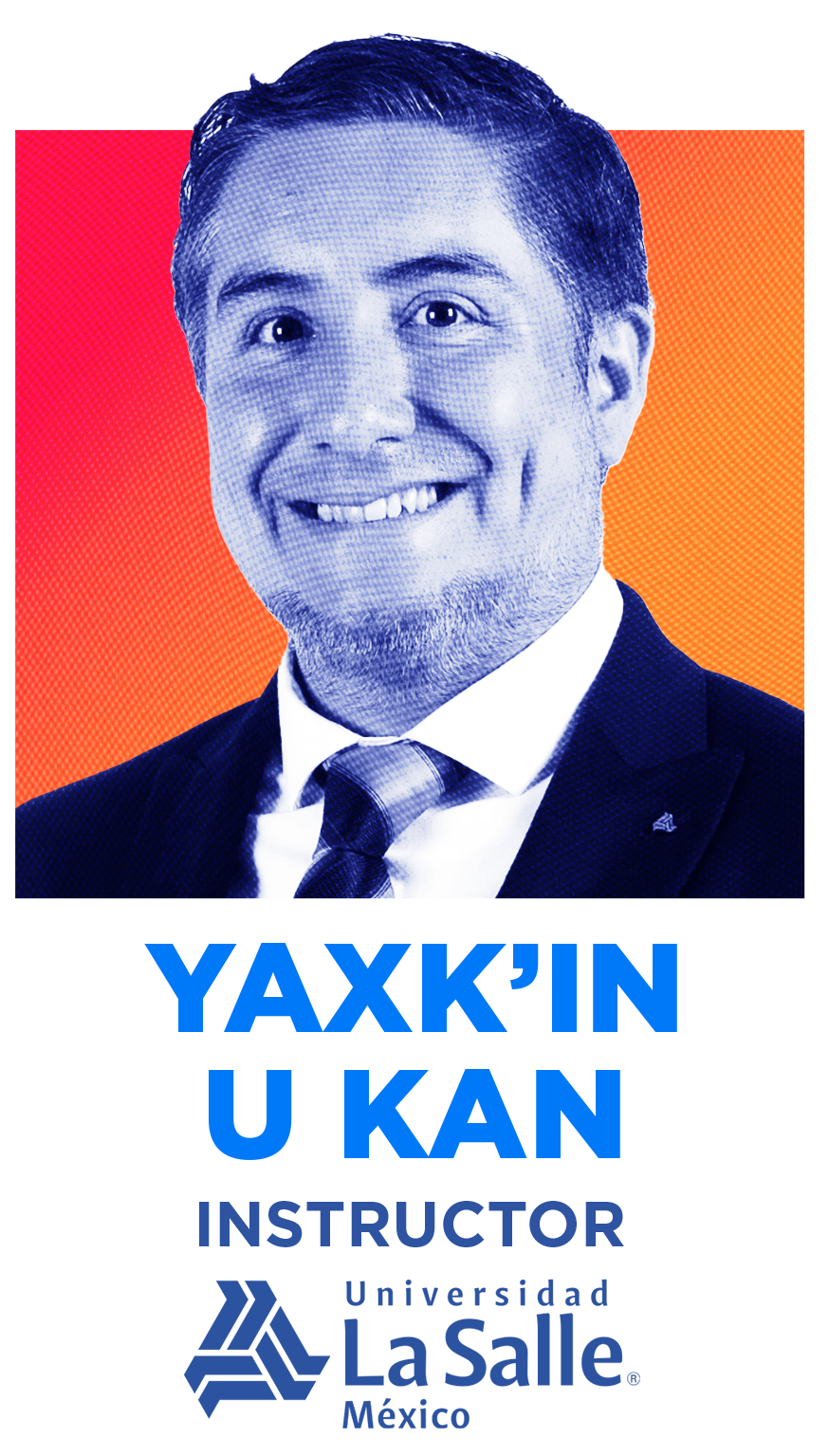
Abstract
The integration of Artificial Intelligence (AI) into scientific research demands not only theoretical knowledge but also practical expertise in managing tools and developing models. This tutorial is designed for graduate students, early-career researchers, and professionals in STEM fields who seek hands-on strategies to incorporate AI into their workflows. We will explore the selection and deployment of open-source frameworks (e.g., TensorFlow, PyTorch, Scikit-learn) and cloud-based platforms for scalable computing. Participants will learn best practices for preprocessing complex datasets, evaluating algorithms, fine-tuning deep learning models, and ensuring reproducibility through version control and containerization. Real-world case studies from physics, computational biology, and engineering will illustrate how AI can accelerate simulations, optimize experimental design, and uncover hidden patterns in large datasets. By the conclusion of the session, participants will have both conceptual and technical roadmaps for applying AI rigorously in their own research projects.
Target Audience
Pre-graduate and graduate students, early-career researchers, and professionals in STEM
Pre-requisites
- Account in google Colab, and VS code or program to use python
- Technical requirements
- Internet connection
Tutorials
Hands-On Learning with AI Experts
Dive deep into the world of artificial intelligence with our tutorials, designed for researchers, practitioners, and enthusiasts who want to expand their technical skills and practical understanding.
Registration is needed to participate in tutorials. Limited capacity, register early.
Monday 03 | 9:00 - 13:00
Reusable Deep Learning Training Sandboxes: Building a Platform for Flexible Model Development
GIVEN BY:
Edwing Ulin
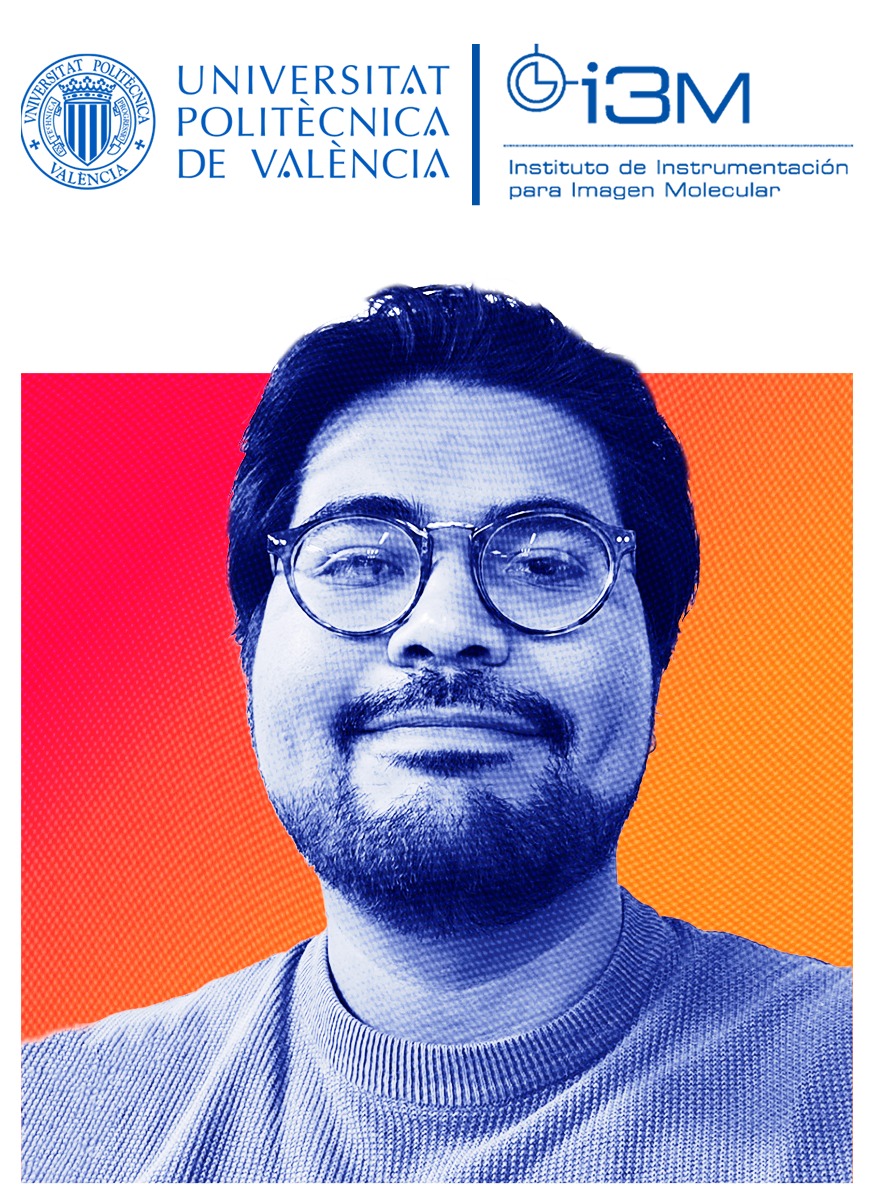
Monday 03 | 14:00 - 18:00
Towards understanding Large Language Models: a hands-on approach
GIVEN BY:
Mario Ramirez
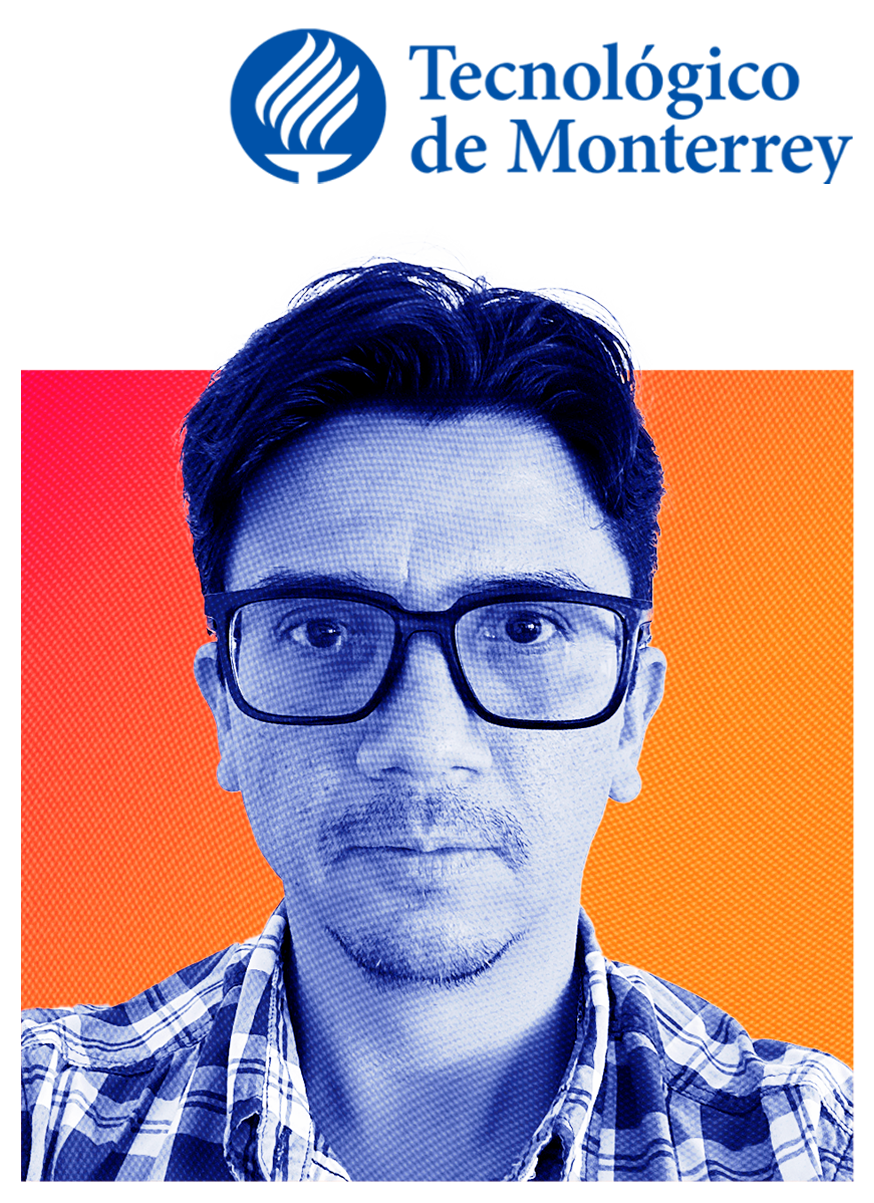
Monday 03 | 14:00 - 18:00
An introduction to two modern deep generative modeling approaches: Denoising Diffusion and Flow Matching.
GIVEN BY:
Marcela Morales & Jean-Bernard Hayet
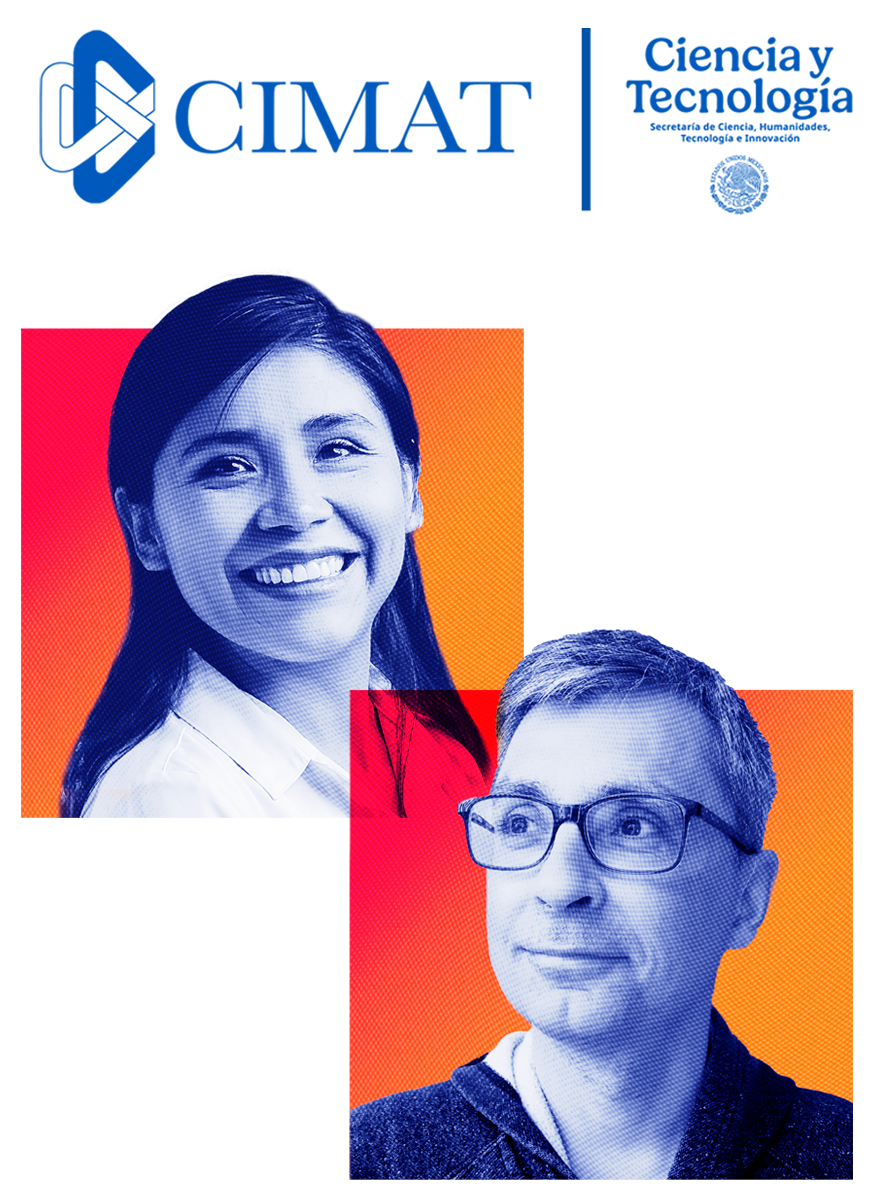
Tuesday 04 | 9:00 - 13:00
AI Agents using Small Language Models
GIVEN BY:
Jeanfed Ramírez, Hugo Escalante & Luis Arellano
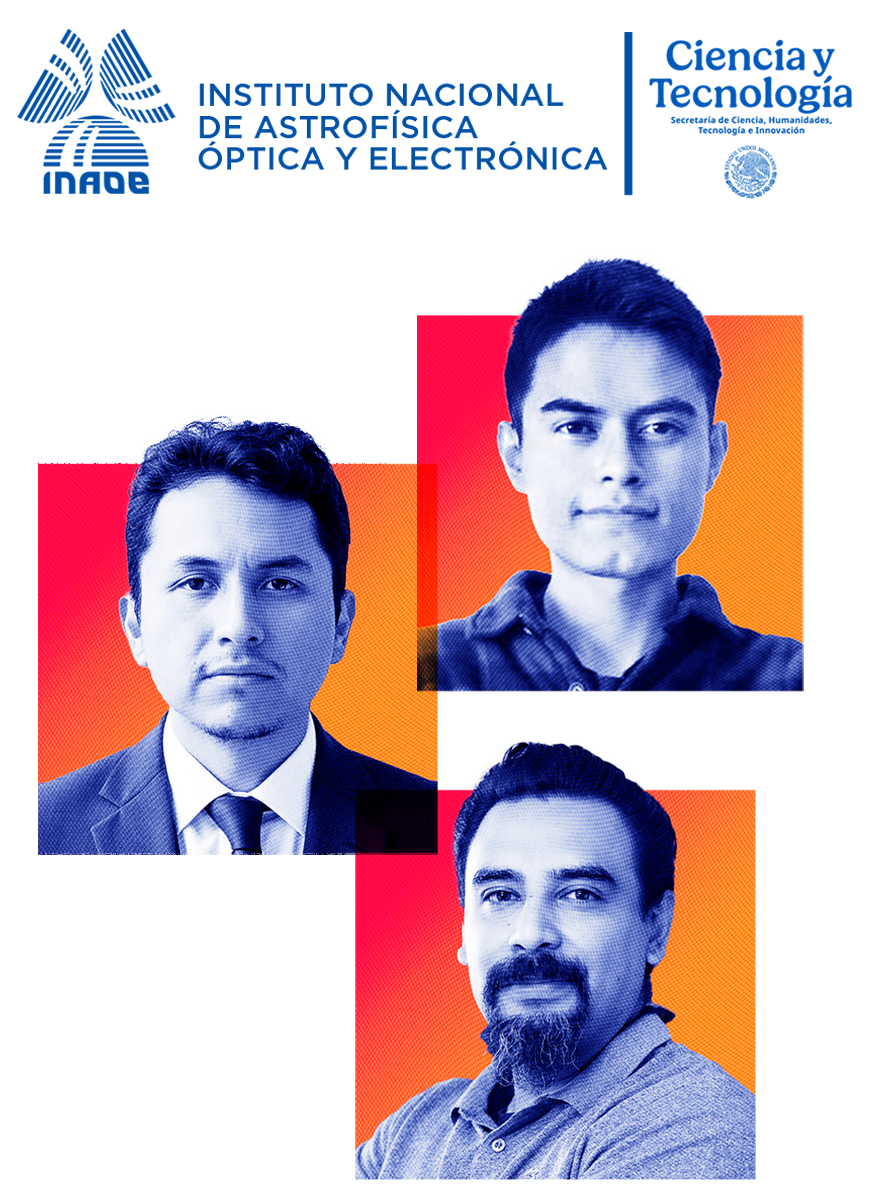
Tuesday 04 | 14:00 - 18:00
AI in Practice: Managing Tools and Developing Models for Research Applications
GIVEN BY:
Yaxk'in U Kan

PANEL: Innovating Education: Navigating Challenges in Generative AI Integration
Thursday 06 | 12:30 - 13:30
This panel brings together experts in education, technology, and public policy to discuss the challenges and opportunities of integrating Generative AI into educational environments.
Through case studies and best practices, participants will address key topics such as innovation, accessibility, ethics, and educational impact, aiming to inspire practical strategies for educators, policymakers, and technology developers.
The panel aligns with the UN Sustainable Development Goals (SDGs), particularly SDG 4 (Quality Education), SDG 9 (Industry, Innovation and Infrastructure), and SDG 17 (Partnerships for the Goals).
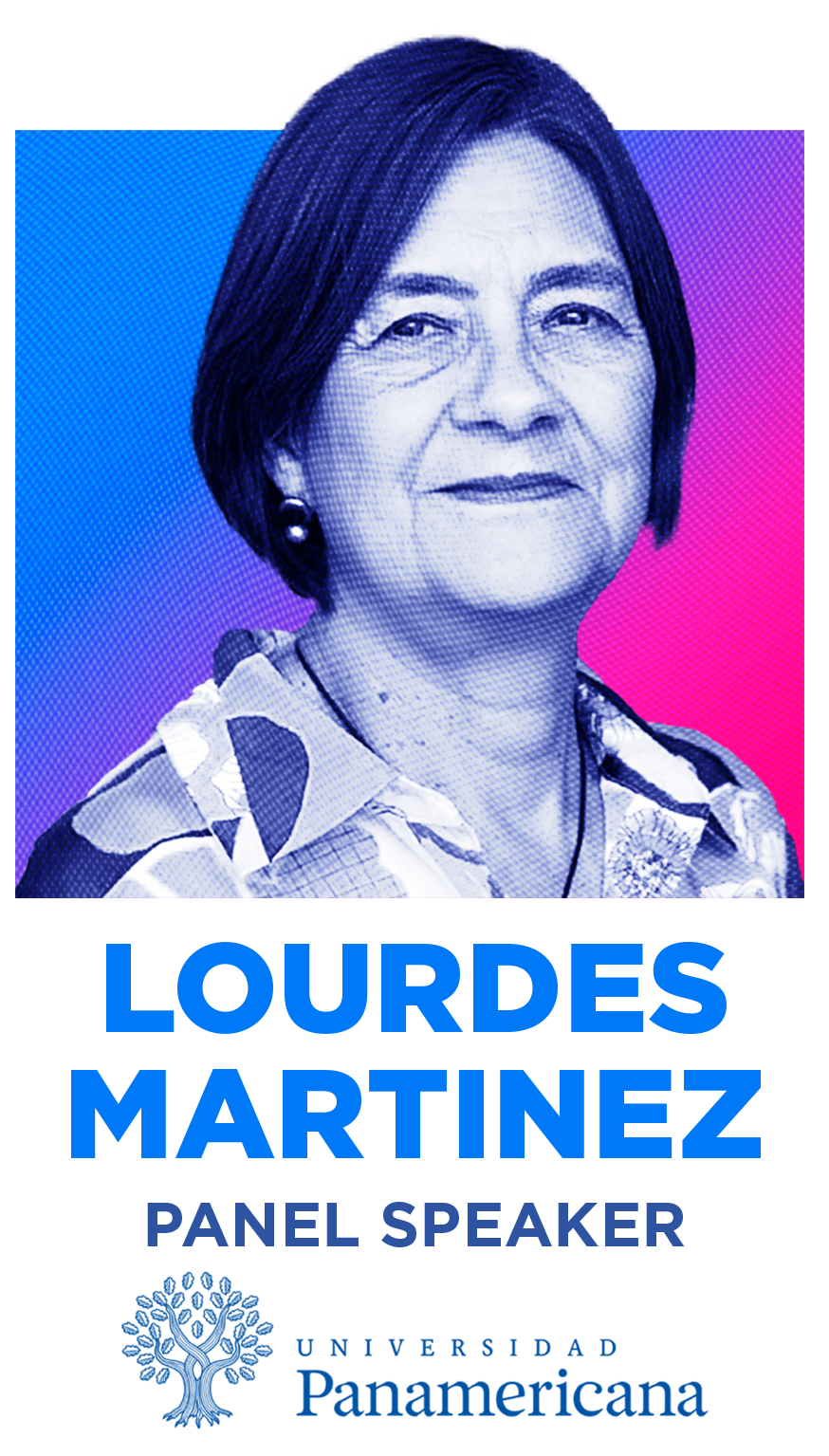
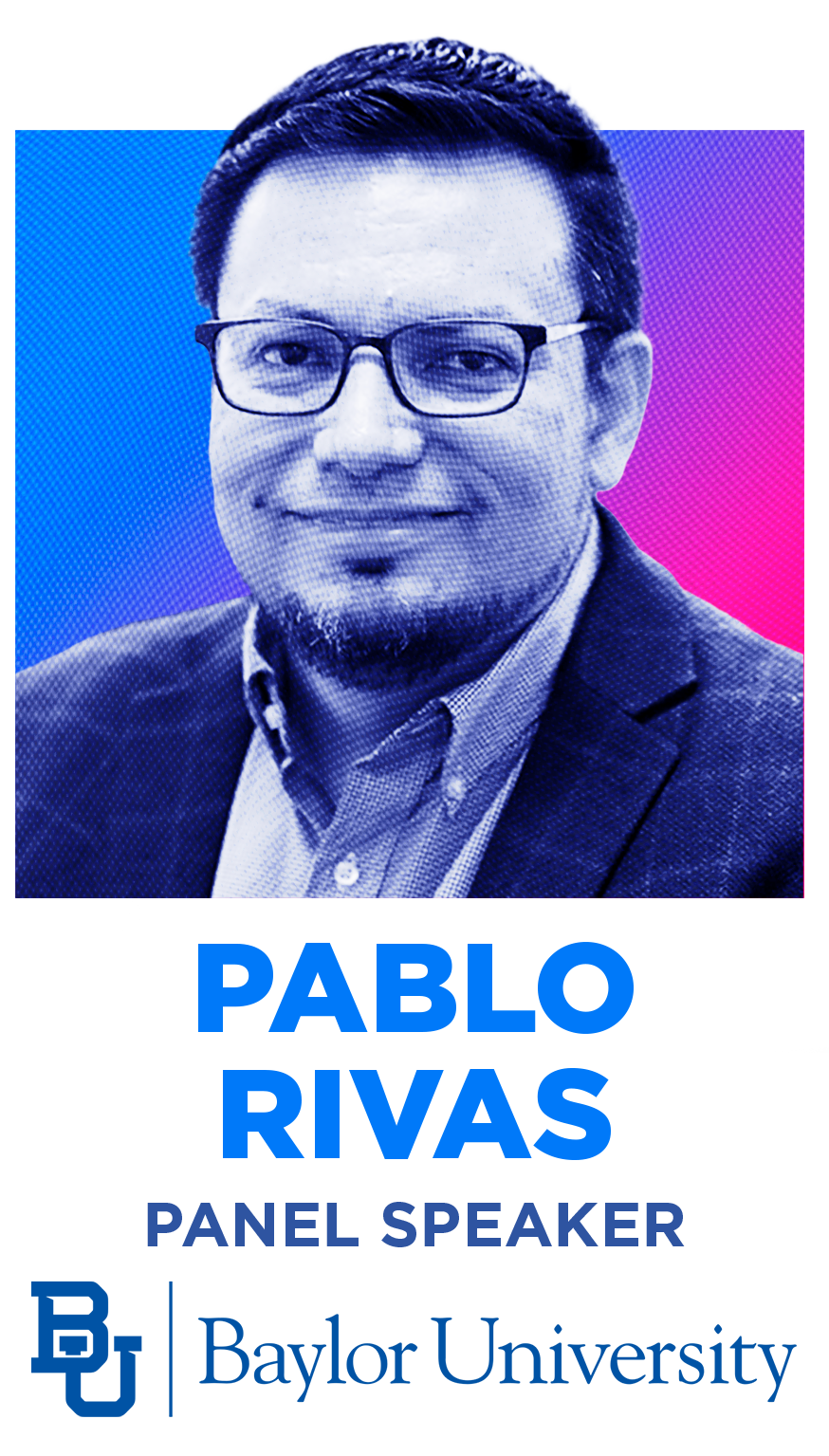

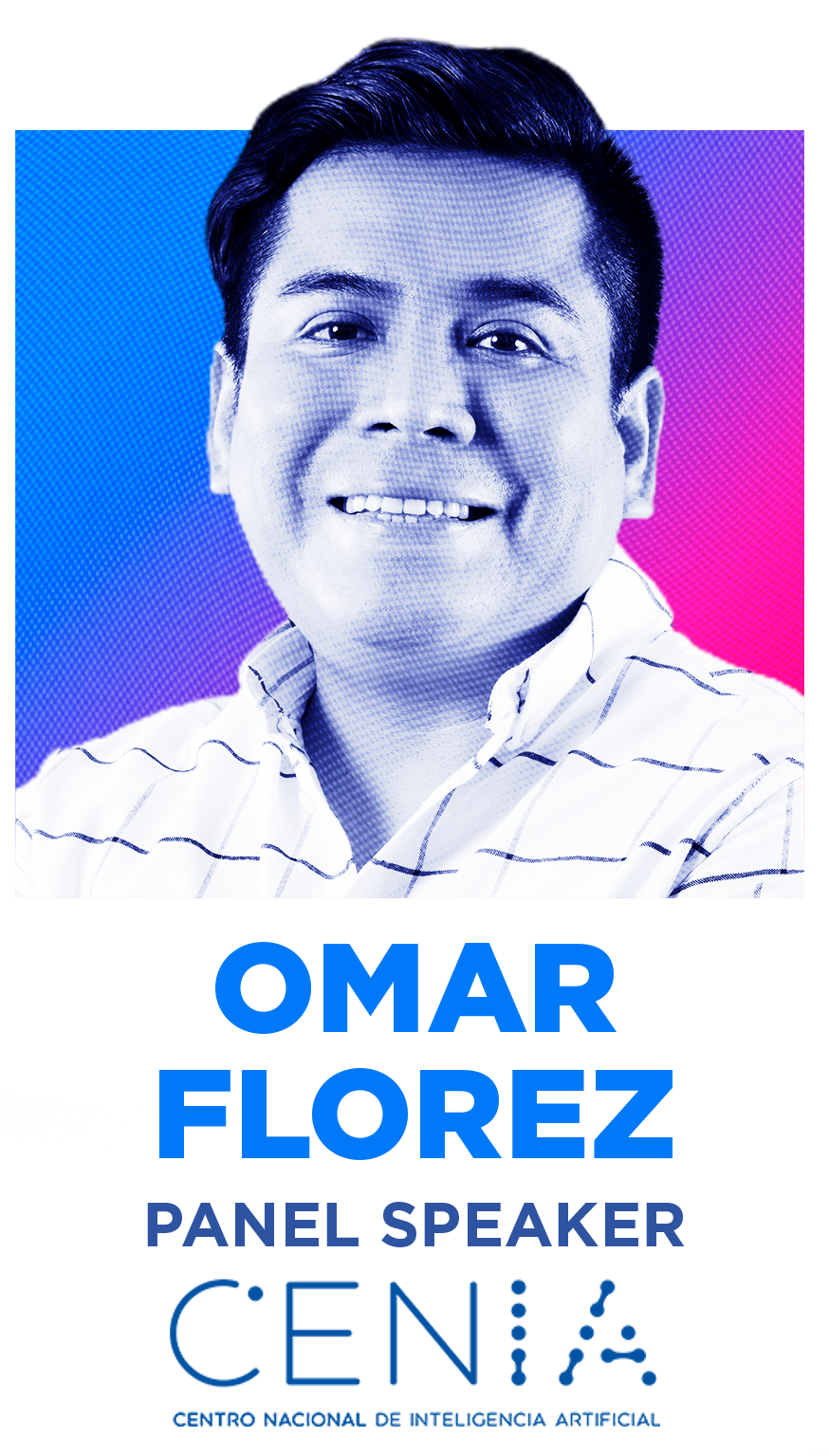
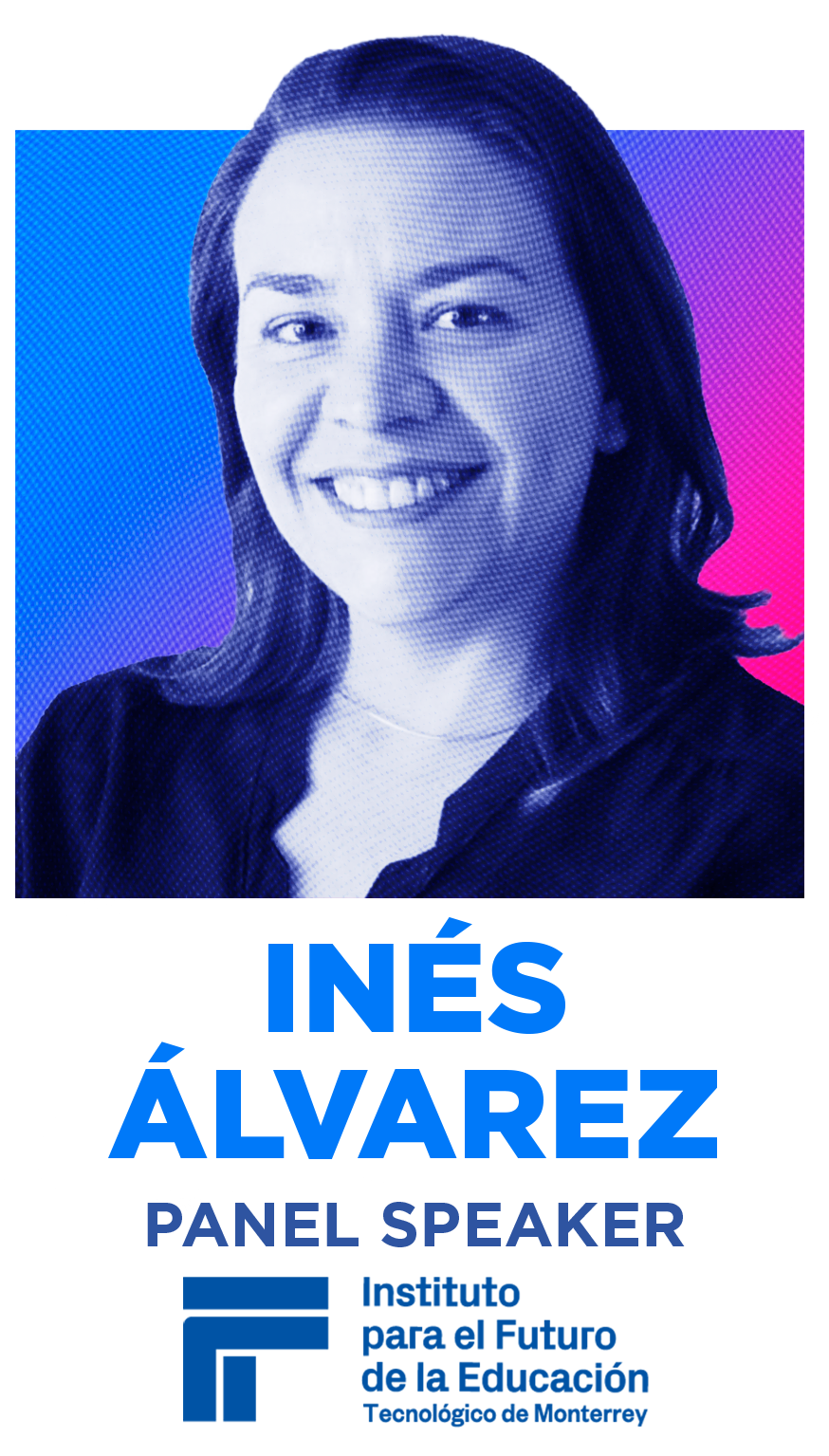



HIS 2025
18th Workshop of Hybrid Intelligent Systems

Organizing Committee
- Martín Montes Rivera (Chair) – Universidad Politécnica de Aguascalientes
- Carlos Alberto Ochoa O. Zezzatti – Universidad Autónoma de Ciudad Juárez
- Julio Cesar Ponce Gallegos – Universidad Autónoma de Aguascalientes
- José Alberto Hernández Aguilar – Universidad Autónoma del Estado de Morelos
- Daniela Paola López Betancourt – Universidad Politécnica de Aguascalientes
- Carlos Alejandro Guerrero Méndez – Universidad Autónoma de Zacatecas
Exploring Hybrid Intelligence to Solve Complex Real-World Problems
Are you passionate about artificial intelligence, smart systems, and technologies that combine the best of different approaches? HIS 2025 is the ideal place for you.
This international workshop brings together researchers, professionals, and students working on hybrid intelligent systems/technologies that integrate symbolic AI, neural networks, fuzzy logic, evolutionary algorithms, and more to tackle complex tasks in modeling, negotiation, reputation building, and knowledge management.
What to Expect
- Hybrid models that combine multiple AI techniques to solve real-world problems in medicine, finance, education, and beyond.
- Decision-making strategies for uncertain or dynamic environments.
- Methods to represent, negotiate, and manage knowledge across intelligent systems.
- Real-life applications that showcase the power of hybrid AI.
How to Participate
- Submit a full paper presenting original and completed research.
- Or submit a poster highlighting research advances or prototypes related to hybrid intelligent systems.
Whether you’re a researcher, developer, student, or AI enthusiast, HIS 2025 is your chance to learn, share, and connect with a vibrant community advancing intelligent systems.
Additionally, the best papers of HIS2025 will be published in extended versions in the International Journal of Combinatorial Optimization Problems and Informatics (https://ijcopi.org/ojs), an indexed journal on Web of Science Core Collection: Emerging Sources Citation Index , DBLP, LatIndex, Periódica of Instituto Politécnico Nacional
Submission deadline
September 10, 2025
Paper Format: The submissions are to be formatted in accordance with the author guidelines
Organizing Committee
- Martín Montes Rivera (Chair) – Universidad Politécnica de Aguascalientes
- Carlos Alberto Ochoa O. Zezzatti – Universidad Autónoma de Ciudad Juárez
- Julio Cesar Ponce Gallegos – Universidad Autónoma de Aguascalientes
- José Alberto Hernández Aguilar – Universidad Autónoma del Estado de Morelos
- Daniela Paola López Betancourt – Universidad Politécnica de Aguascalientes
- Carlos Alejandro Guerrero Méndez – Universidad Autónoma de Zacatecas

CIAPP 2025
7th Workshop on New Trends in Computational Intelligence and Applications

Organizing Committee
- Efrén Mezura (Chair) – Instituto de Investigaciones en Inteligencia Artificial, Universidad Veracruzana
- Hector Gabriel Acosta Mesa – Instituto de Investigaciones en Inteligencia Artificial, Universidad Veracruzana
Discover the Trends Reshaping Artificial Intelligence from Within
Computational Intelligence (CI) is at the heart of today’s AI revolution. CIAPP 2025 is your opportunity to join the conversation and explore the latest research and applications shaping this exciting field.
This workshop is a meeting ground for researchers, practitioners, and students eager to present new ideas and real-world implementations of computational intelligence methods—ranging from machine learning and data mining to swarm intelligence and evolutionary computing.
What to Expect
Talks on machine learning, data mining, multi-agent systems, optimization, and more.
Real-world use cases across healthcare, education, industry, and smart cities.
Collaborative spaces to exchange ideas and form new research partnerships.
Featured Topics
Machine Learning & Data Mining
Swarm Intelligence & Intelligent Agents
Parallel and Distributed CI
Combinatorial and Numerical Optimization
How to participate
Submit your original paper or applied research to showcase your work and expand your network in the CI community.
Submission deadline:
September 1, 2025
Paper Format: The submissions are to be formatted in accordance with the author guidelines
Organizing Committee
- Efrén Mezura (Chair) – Instituto de Investigaciones en Inteligencia Artificial, Universidad Veracruzana
- Hector Gabriel Acosta Mesa – Instituto de Investigaciones en Inteligencia Artificial, Universidad Veracruzana

WILE 2025
18th Workshop on Intelligent Learning Environments

Organizing Committee
- María Lucia Barrón-Estrada (Chair) – TecNM-Instituto Tecnológico de Culiacán
- Ramón Zatarain Cabada – TecNM-Instituto Tecnológico de Culiacán
- Yasmín Hernández Pérez – TecNM-Cenidet
- Carlos A. Reyes García – Instituto Nacional de Astrofísica, Óptica y Electrónica
- Karina Mariela Figueroa Mora – Universidad Michoacana de San Nicolás de Hidalgo
Reimagining Education Through AI and Intelligent Systems
Intelligent learning is no longer just the future of education, it’s already transforming it. WILE 2025 invites researchers, practitioners, and students to explore how AI-powered learning environments are revolutionizing education.
This workshop provides a space to present cutting-edge research and practical applications, exchange ideas, and build collaborations in the field of intelligent learning systems.
What to Expect:
Smart tools that personalize and enhance learning experiences.
Adaptive systems, virtual tutors, learning analytics, and collaborative platforms.
Discussions on the ethical and effective integration of AI in education.
Especially welcoming to early-career researchers, WILE offers a platform to present work-in-progress, receive feedback, and grow professionally.
Submission deadline:
August 25, 2025
Paper Format: The submissions are to be formatted in accordance with the author guidelines
Organizing Committee
- María Lucia Barrón-Estrada (Chair) – TecNM-Instituto Tecnológico de Culiacán
- Ramón Zatarain Cabada – TecNM-Instituto Tecnológico de Culiacán
- Yasmín Hernández Pérez – TecNM-Cenidet
- Carlos A. Reyes García – Instituto Nacional de Astrofísica, Óptica y Electrónica
- Karina Mariela Figueroa Mora – Universidad Michoacana de San Nicolás de Hidalgo

CHARAL 2025
Challenges in Holistic AI for Real-world Applications and Learning Systems

Organizing Committee
- Arturo Gomez Chavez (Chair) – Constructor University Bremen
- Emmanuel Ovalle Magallanes – Universidad de La Salle Bajío
- Jose Martinez Carranza – Instituto Nacional de Astrofísica Óptica y Electrónica
Bringing AI from the Lab to the Real World
Building a high-performing AI model is just the beginning. At CHARAL, we take a comprehensive view: how to design, deploy, and manage AI systems that work in real environments: from robotics and manufacturing to healthcare and edge computing.
This workshop focuses on full-system thinking, going beyond model accuracy to tackle issues like latency, observability, robustness, and trust.
Topics We’ll Explore
Engineering AI systems with real-world constraints in mind.
Monitoring, debugging, and explaining deployed AI solutions.
Data-centric pipelines and techniques that adapt to dynamic environments.
Deployment challenges with foundation models and edge AI technologies.
Ideal for researchers, engineers, and system designers looking to bridge the gap between foundational AI and practical deployment.
Submission deadline:
September 12, 2025
Paper Format: The submissions are to be formatted in accordance with the author guidelines
Organizing Committee
- Arturo Gomez Chavez (Chair) – Constructor University Bremen
- Emmanuel Ovalle Magallanes – Universidad de La Salle Bajío
- Jose Martinez Carranza – Instituto Nacional de Astrofísica Óptica y Electrónica

ECSI
Evolutionary Computation and Swarm Intelligence

Organizing Committee
- Saúl Zapotecas-Martínez (Chair) – Instituto Nacional de Astrofísica Óptica y Electrónica
- Alejandro Rosales Pérez – Centro de Investigación en Matemáticas
Nature-Inspired AI for Powerful, Adaptive Solutions
Fascinated by how nature inspires problem-solving? ECSI dives into evolutionary computation and swarm intelligence, two key fields for designing algorithms that mimic natural systems to tackle complex challenges.
What to Expect
Cutting-edge developments in algorithms like GA, DE, ES, PSO, ACO, and ABC.
Solutions for large-scale, many-objective, and constrained optimization problems.
Applications in robotics, machine learning, bioinformatics, and more.
Cross-disciplinary innovation and future research directions.
Whether you’re working on optimization, bio-inspired systems, or real-world applications, ECSI is your place to exchange ideas and shape the future of intelligent algorithms.
Submission deadline:
August 25, 2025
Paper Format: The submissions are to be formatted in accordance with the author guidelines
Organizing Committee
- Saúl Zapotecas-Martínez (Chair) – Instituto Nacional de Astrofísica Óptica y Electrónica
- Alejandro Rosales Pérez – Centro de Investigación en Matemáticas

MeDA
Medical Domain Adaptation Classification Challenge
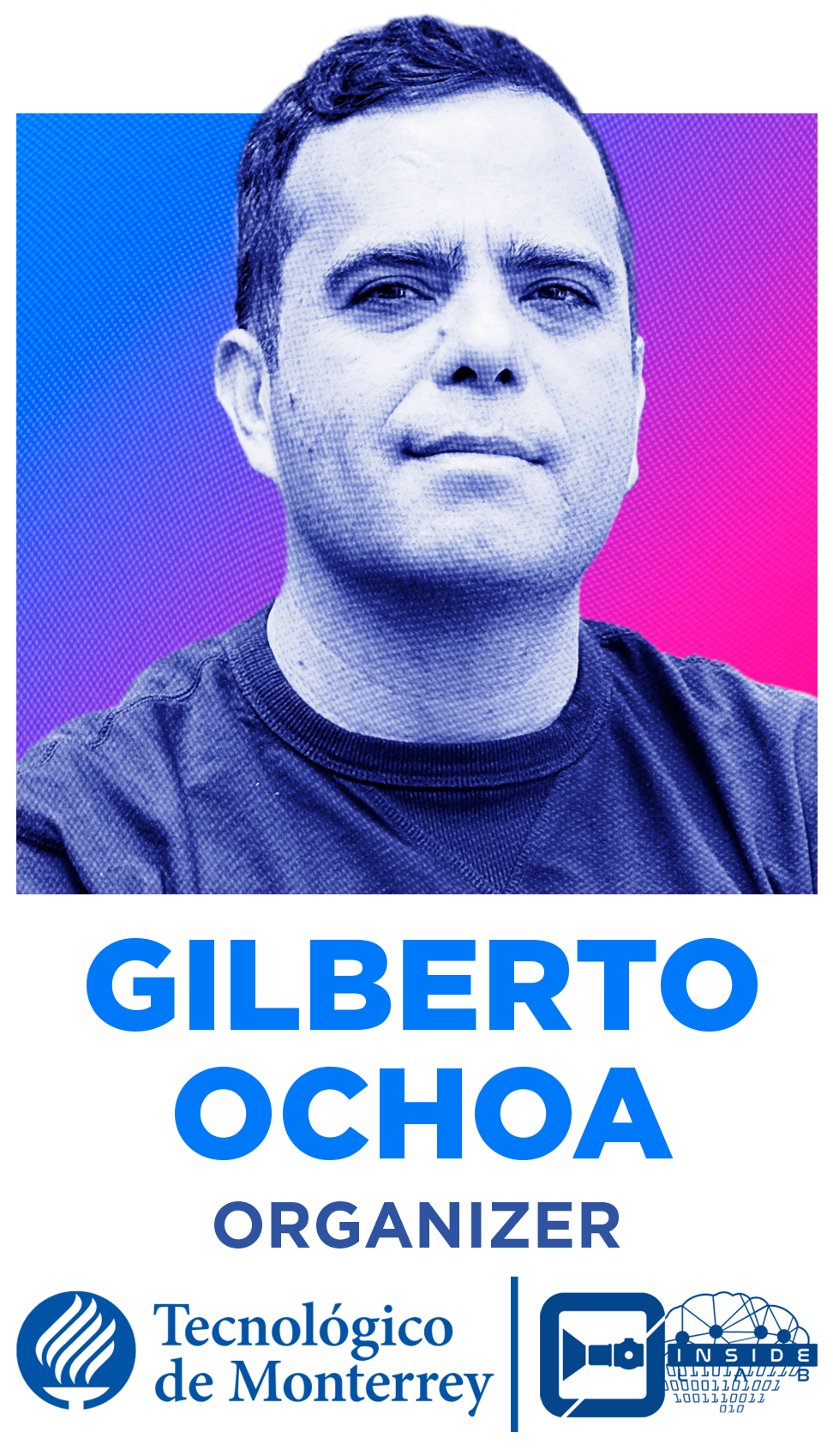
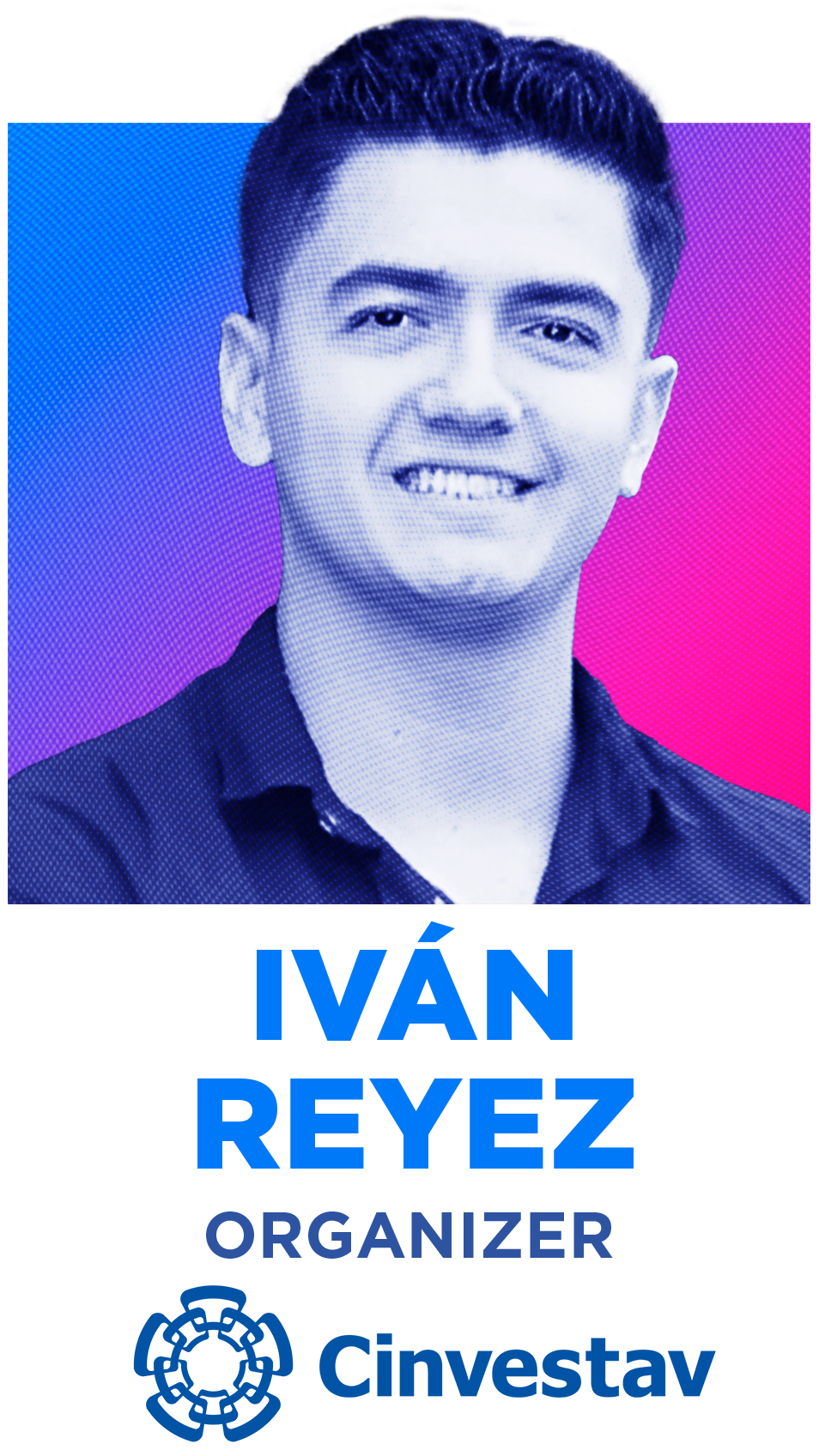
Organizers
- Dr. Gilberto Ochoa-Ruiz, CV-inside Lab Leader, Advanced AI Group, ITESM
- Msc. Ivan Reyes-Amezcua, CINVESTAV
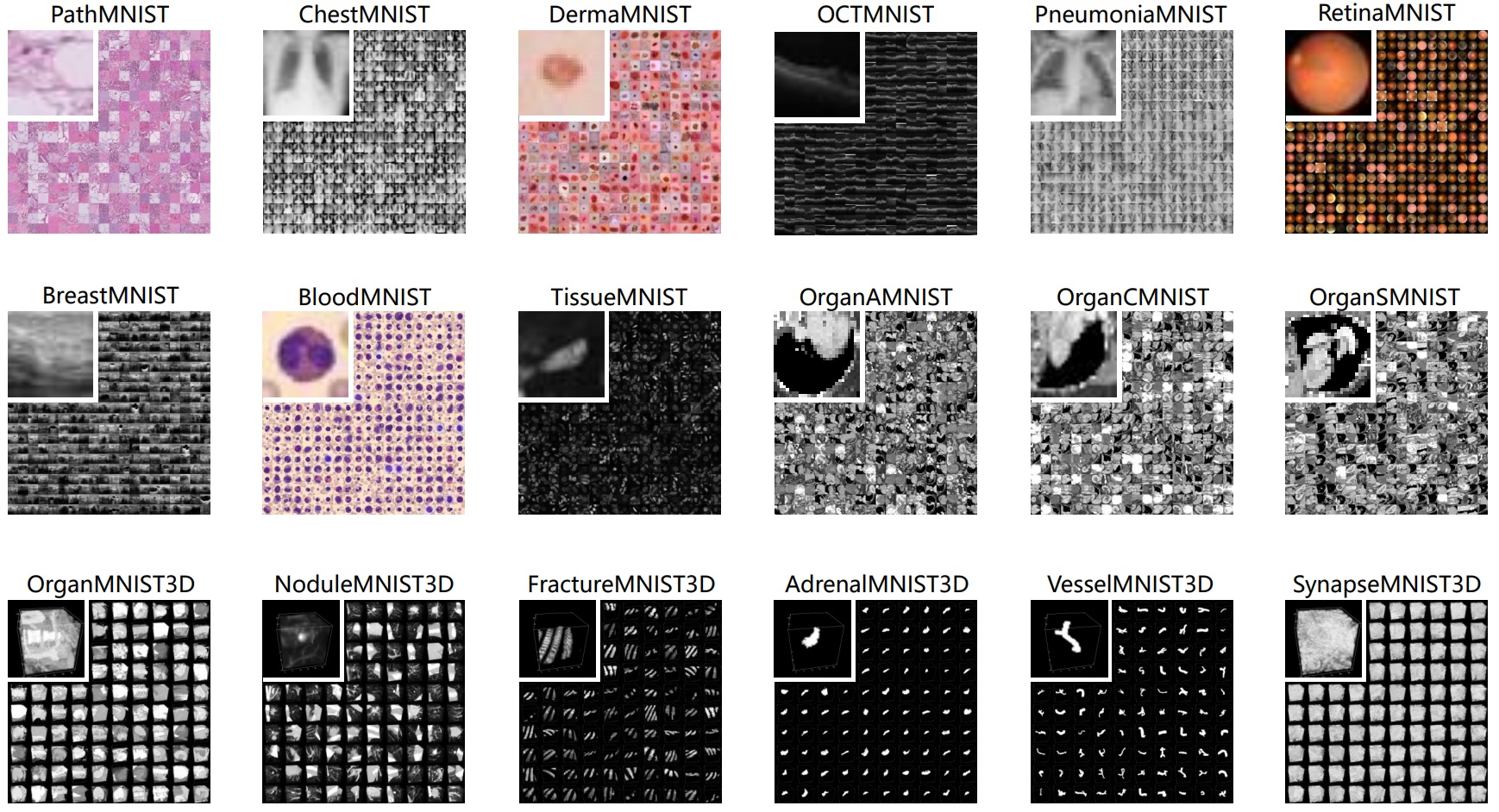
Goal:
Data limitations often hinder the use of advanced machine learning methods in various medical fields, except for a select few large public datasets. Domain Adaptation Classification offers the capability to draw from similarities among diverse medical imaging datasets, allowing for more efficient learning of new tasks. Yet, the potential of Domain Adaptation Classification in medical imaging is not fully explored.
With the «MeDA» challenge, we aim to inspire the medical imaging and machine learning sectors to delve deeper into its capabilities in the medical imaging realm, and to craft algorithms capable of managing the significant variability in tasks and data within this sector.
What is the purpose of the challenge?
Participants are tasked with creating an algorithm using the provided MedMNIST dataset that can efficiently learn new tasks. The algorithm’s effectiveness is then assessed based on its capability to perform well on a private and previously unknown test task sourced from undisclosed datasets. Link to the dataset below.
Challenge Training Dataset
MedMNIST v2 is a comprehensive collection of standardized biomedical images resembling the MNIST format. It is composed of 12 datasets (2D images), all pre-processed to 28 x 28 (2D) or 28 x 28 x 28 (3D) dimensions, eliminating the need for prior knowledge by users. With a diverse range of tasks and scales, it offers 708,069 2D and 9,998 3D images, covering major biomedical imaging modalities. This dataset can aid in various research and educational projects in biomedical image analysis, computer vision, and machine learning. Several methods, including neural networks and AutoML tools, were benchmarked on MedMNIST v2.
How does the challenge work? Challenge general overview:
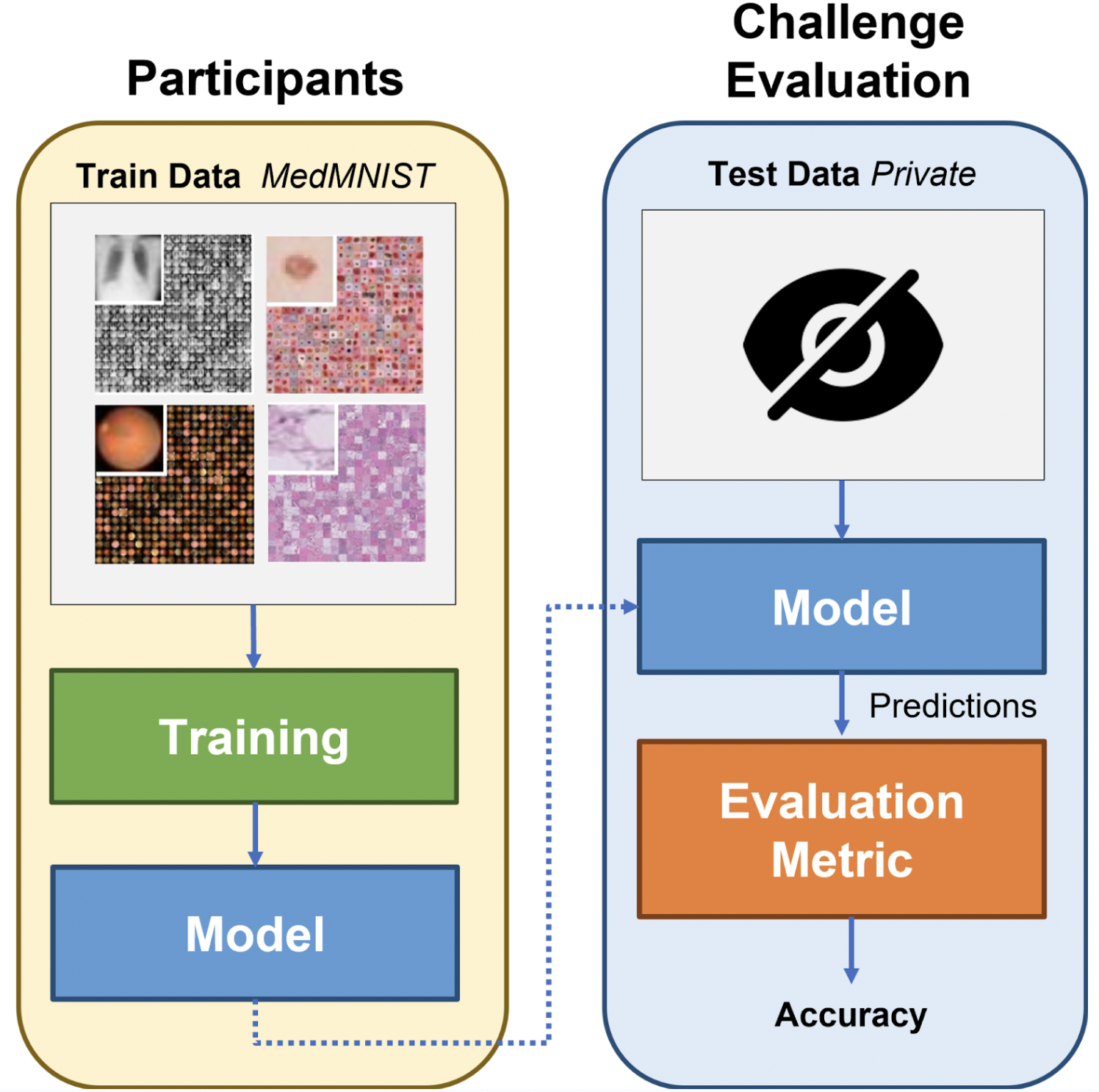
Challenge Mechanics
- We ask participants to make use of the meta-train dataset (MedMNIST v2), which is essentially a compilation of various datasets, encompassing a broad spectrum of imaging modalities such as binary, multi-class, or multi-label classification.
- Teams that participate in the MeDA challenge will utilize this data to train a cross-domain learning algorithm. Its effectiveness will be locally gauged by evaluating its capacity to perform well on a left-out classification task using a limited N number of samples.
- Potential algorithmic strategies can be inspired by techniques like meta-learning, transfer learning, or self-supervised pre-training.
Testing and ranking
- Teams must submit a trained model (exported in ONNX format), and this model must be trained only on the provided dataset (MedMNIST v2).
- The organizers will test the model using a private, unseen 3 testing datasets targeting different endoscopic classification tasks. Each dataset has been processed so it contains 6 classes. The application area is not revealed to avoid giving an unfair advantage through information leakage.
- Metrics used to evaluate the performance of the models are the average of accuracy and F1 score across the 3 testing datasets. Teams will be ranked based on these results.
Submission procedure
- A CMT link is provided for the participant teams. The participants should create a team name and do the submission using an anonymous email (i.e, team-name@domain.com) to avoid any bias in the challenge process. The submission should include the paper and link to code/model (ONNX model).
Note: please avoid any institutional or country-based references in the name of your team
Challenge Timeline
- Submission portal opens: 15 September 2025
- Registration deadline: 15 October 2025 (create a submission in CMT)
- Submission deadline: 25 October 2025 (final submission in CMT)
- Top-performing teams contacted: 2 November 2025
- Results announced at MICAI 2025: 5 November 2025
Conference Participation Dynamics
- Teams must send an 4-page paper abstract in IEEE standard format showing their procedure, explaining their method and showing results. Use the IEEE Format found at the end.
- The best ranking teams will do a short presentation of their work during the MICAI conference on November 5th, 2025
- The mode of participation will be HYBRID (teams can join via zoom if is not possible for them to attend)
Prizes
Prizes will be announced during the competition in Guanajuato. The top three methods will receive a full registration grant for MICAI 2026 to publish an extended version of their paper.
Rules
- Participating teams may consist of one or more individuals (max 5 individuals). Each individual may only be part of one team. The creation of multiple accounts to circumvent this rule is not permitted.
- All valid results will be announced publicly through the leaderboard. The teams of the three top-performing methods will be invited to publish their work in a special issue.
- We aim to publish an analysis of the challenge results. The three top-performing teams will be invited to contribute to this publication. Moreover, the challenge organizers may invite additional teams with particularly novel/interesting algorithms to contribute.
- Participating teams are free to publish their own algorithms and results separately but may only reference the overall challenge results once the challenge paper is published.
- The participants may use the data we provide, i.e. our meta-dataset for training. Additionally, a set of publicly available and commonly used computer vision datasets, may be used, specifically:
- ImageNet (ILSVRC 2012), miniImageNet, tieredImageNet
- CIFAR 100, CIFAR-FS
- MSCOCO
- Omniglot
- The use of openly available pre-trained neural networks trained exclusively on the above datasets is also permitted. Any pre-trained networks used, as well as the data used for training must be reported in the post-submission report.
- The test data will contain previously unseen (not contained in the meta-training data) data scarce scenarios that bear resemblance to the meta-training data, but is distinct from them.
- Participating teams are expected to make their methods fully reproducible. This includes the availability of code, any additional data used, as well as instructions on how to replicate the results.
CMT submission site: Track: MeDA Challenge 2025
Contact
For further details and questions please contact the organizers
- Dr. Gilberto Ochoa-Ruiz, gilberto.ochoa@tec.mx
- Msc. Ivan Reyes-Amezcua, ivan.reyes@cinvestav.mx
Acknowledgements
This challenge is organized in the context of the project 322537 “ML-INSIDE: Novel Machine Learning Methods for Image aNalysiS & bIomeDical Engineering in Endoscopy” funded by CONAHCYT through the SEP-CONAHCYT-ANUIES-ECOS NORD Francia program.

Parallel Sessions
View the relevant details for the parallel sessions.
* If a talk is cancelled, other talks will be moved up.
WED 05 | 11:30 - 14:00
WED 05 | 11:30 - 14:00 | Room 1
Parallel Session 5-1: Machine Learning
| 11:30 – 12:00 | 21 | García Lache, Liván*; Rodríguez Coayahuilt, Lino Alberto; Rodríguez González, Ansel Yoan | Spatially Distributed Learning |
| 12:00 – 12:30 | 32 | González Bustamante, Pablo*; Ponce, Hiram | Predicting Substance Addiction in University Students: A DSM-5-Guided Machine Learning Model |
| 12:30 – 13:00 | 35 | Martinez-Mata, Jose Abisaid; Baltazar, Arturo*; Morales-Diaz, America | Anomaly detection in ultrasound tomography images using Convolutional Neural Networks |
| 13:00 – 13:30 | 39 | Espinosa, Ricardo*; Cerriteño Magaña, Javier; Hernández, Eluney; Ocha, Gilberto; Daul, Christian | Prompt Assisted Enhancement for Correcting Illumination Artifacts in Endoscopic Images |
| 13:30 – 14:00 | 34 | Flores-Garrido, Marisol*; Garcés-Mendoza, Valeria | Day-Night Crime Transmission Networks for Temporal Urban Analysis |
WED 05 | 11:30 - 14:00 | Room 2
Parallel Session 5-2: Natural Language Processing
| 11:30 – 12:00 | 7 | Guzman-Landa, Juan-José; Vázquez-Osorio, Jesús; Torres-Moreno, Juan-Manuel*; Quintana Torres, Ligia; Figueroa-Saavedra, Miguel; Avendano Garrido, Martha Lorena; Ranger, Graham; Velazquez Morales, Patricia; Sierra, Gerardo | A symbolic algorithm for the unification of Nawatl word spellings |
| 12:00 – 12:30 | 11 | Neme, Antonio*; Mota, Sergio Ivan; Lomas, Victor; Pérez, Nora; Sansores, Candelaria | On the application of natural language processing tools to the Ramirez Codex |
| 12:30 – 13:00 | 14 | Reche, Nicolas; Linhares-Pontes, Elvys; Torres-Moreno, Juan-Manuel* | Financial News Summarization: Can extractive methods still offer a true alternative to LLMs? |
| 13:00 – 13:30 | 26 | Villagomez, Juan*; Rodriguez, Ansel; Martinez, Juan | Applying Natural Language Processing to Short Medical Notes from Mexican Health Units to Detect Suicidal Behaviours |
| 13:30 – 14:00 | 127 | Fernandes Silvano, Wellington*; Konrath, Maurício; Felipe Custódio, Ricardo | Limits and Surprises of Cross-Lingual BERT under Data Scarcity: A Portuguese Case Study in Sensitive-Text Classification |
WED 05 | 11:30 - 14:00 | Room 3
Parallel Session 5-3: Computer Vision & Image Processing
| 11:30 – 12:00 | 10 | Martinez, Apolinar Velarde* | Recognition of Bee Organizational Behavior with Scene Graphs Generation |
| 12:00 – 12:30 | 16 | Medina Reyes, Alejandro*; Mederos Madrazo, Boris Jesús; Mejía, José; Días-Román, Jose David; Rascón-Madrigal, Lidia Hortencia; Cota-Ruiz, Juan | Sign Language Recognition Using Video, Skeleton Data and Deep Learning |
| 12:30 – 13:00 | 22 | Rosas-Ordaz, Luis*; Ruiz-Muñoz, Estefania; Zapotecas-Martínez, Saúl; Altamirano-Robles, Leopoldo; Díaz-Hernández, Raquel | Improving Tomosynthesis Sinograms via Particle Swarm Optimization |
| 13:00 – 13:30 | 29 | López-Velasco, Baltazar*; Olguin-Rojas, Juan Carlos ; Ruiz-Garcia, Agustín | Classification of Foliar Diseases in Tomato Crops Using Convolutional Neural Networks |
| 13:30 – 14:00 | *109 | Govea, Maria; Ríos, Héctor ; Ochoa, Gilberto * | Terrain Classification-based Dynamic Trajectory Tracking Controller for Mobile Robots |
THU 06 | 9:00 - 11:00
THU 06 | 09:00 - 11:00 | Room 1
Parallel Session 6-1: Machine Learning
| 09:00 – 09:30 | 45 | González-Cano, Daphne Sofía; Sánchez-Ruiz, Daniel; García-Ramírez, Jesús* | Mel-Spectrogram Reconstruction from Video Lip Sequences using an Autoencoder Architecture |
| 09:30 – 10:00 | 58 | GIL FERNANDEZ, Algemiro Jose*; Gil Fernández, Algemiro José; Aviña Cervantes, Juan Gabriel; Torres, Ixbalank ; Vargas, Alejandro | Comparison of nonlinear and linear data-driven Takagi-Sugeno models of a bioreactor |
| 10:00 – 10:30 | 63 | Corona, Kaled*; Fumagal González, Gerardo; Garcia Ceja, Enrique; González Mendoza, Miguel | Water Quality Classification via Cost-Efficient Machine Learning: A Case Study in Nuevo León |
| 10:30 – 11:00 | 84 | Mellado Oliveros, Diego*; Juárez Moreno, Luis Carlos; González Mendoza, Miguel González Mendoza; Garcia Ceja, Enrique Alejandro | Water Quality Assessment with Machine Learning Techniques in Jalisco, Mexico |
THU 06 | 09:00 - 11:00 | Room 2
Parallel Session 6-2: Natural Language Processing
| 09:00 – 09:30 | 33 | Tran, Ductrung; Nguyen, Vanmanh; Tran, Vanha*; Nguyen, Huuduyanh; Do, Kienlam | Empowering ESG Insights in Vietnamese through Fine-Tuned Language Models |
| 09:30 – 10:00 | 42 | Hussain, Nisar*; Qasim, Amna; Liaquat , Farhan; MEHAK X, GULL; Manuel Meque, Abdul Gafar ; Usman, Muhammad; Sidorov, Grigori; Gelbbukh, Alexander | Toward Bias-Aware and Efficient Offensive Language Detection Using QLoRA-Optimized LLaMA and GPT Models |
| 10:00 – 10:30 | 52 | Bade, Girma Yohannis* | Pragmatic Generalization in LLMs: Insights from Fine-Tuning and Evaluating on Multilingual Sarcasm |
| 10:30 – 11:00 | 53 | Ahmad, Muhammad ; Ullah, Fida*; Habiba, Umyh ; Batyrshin, Ildar ; Gelbukh, Alexander; Sidorov, Grigori | WISE: A Machine Learning-Based Tool for Analyzing Heroin and Fentanyl Withdrawal Experiences on Social Media |
THU 06 | 09:00 - 11:00 | Room 3
Parallel Session 6-3: Computer Vision & Image Processing
| 09:00 – 09:30 | 37 | González-Rodríguez, Jaime-Rodrigo*; Córdova-Esparza, Diana-Margarita; Terven, Juan; Romero-González, Julio-Alejandro | Sign Language Recognition and Translation with Large Multimodal Models. A Systematic Review |
| 09:30 – 10:00 | 59 | Alvarado Godinez, Jazmin; Peregrina Barreto, Hayde; HERNANDEZ FARIAS, DELIA IRAZU*; Murillo-Ortiz, Blanca | Electrical Impedance Mammography Image Fusion Using the Gaussian Pyramid Method for Binary Classification |
| 10:00 – 10:30 | 62 | Villatoro, Diego*; Sanchez-Ante, Gildardo; Falcon-Morales, Luis E. | Shadow Attenuation in UAV Multispectral Imaging for Enhanced Agave Segmentation |
| 10:30 – 11:00 | 65 | Calzada-Ledesma, Valentin*; Castillo-Olivetto, Victor; Márquez-Robles, Emmanuel; Orozco-Solis, Carlos; Neri-Larios, Faustino | From Keyframes to Narrative: A Multi-Stage AI Pipeline for Scene Understanding Using Object Detection and Large Language Models |
THU 06 | 09:00 - 11:00 | Room 4
Parallel Session 6-4: Applications
| 09:00 – 09:30 | 66 | Avalos Gauna, Edgar*; Palafox, Leon; Martínez Villaseñor, María de Lourdes | MICAI: 25 Years of AI in Mexico |
| 09:30 – 10:00 | 67 | García Rojas, Nestor; Jimenez Dominguez, Miguel; Zapotecas Martínez, Saúl*; Derbel, Bilel; Coello Coello, Carlos | A Dynamic Penalty Approach in MOEA/D for Constraint Handling in Multi-Objective Problems |
| 10:00 – 10:30 | 81 | Gallegos Espinoza, Damian*; Garnica Chavira, Luis A.; Villanueva Rosales, Natalia ; Gutierrez, Hugo A. | Urban Crop Coefficient Estimation for Outdoor Water Management Using Machine Learning |
| 10:30 – 11:00 | 100 | Ponce, Hiram*; Martínez-Villaseñor, Lourdes | Towards a Distributed-based Learning Robot from Scratch via Neuro-Evolutionary Computation |
THU 06 | 15:00 - 17:00
THU 06 | 15:00 - 17:00 | Room 1
Parallel Session 6-5: Machine Learning
| 15:00 – 15:30 | 71 | Hafeez, Momina; Hussain, Nisar; Qasim, Amna; Zain, Muhammad; Mehak, Gull; Kolesnikova, Olga; Sidorov, Grigori*; Gelbukh, Alexander | Sarcasm Detection in Roman Urdu Text: A Comprehensive Study Using Machine Learning and Large Language Model |
| 15:30 – 16:00 | 76 | Ramírez-González, Metztli* | Think Twice Before Deciding: A Two-Stage Method for Sexism Detection on Social Media |
| 16:00 – 16:30 | 86 | Lerín Hernández, Natalia; Téllez Torres, Jorge*; Gómez Adorno, Helena Montserrat; Vázquez Hernández, Mónica | Automatic synthetic data selection for highly unbalanced multi-class and multi-label Obstetric Violence Classification |
| 16:30 – 17:00 | 97 | Neri-Mendoza, Veronica*; Rojas-Simon, Jonathan; Ledeneva, Yulia; García-Hernández, Rene Arnulfo | Multi-document Update Text Summarization Based on Sentence Features Focus on Requirements |
THU 06 | 15:00 - 17:00 | Room 2
Parallel Session 6-6: Computer Vision & Image Processing
| 15:00 – 15:30 | *68 | Vargas Arostegui, Erik Ricardo*; Ramírez Cerna , Lourdes | Volume Estimation of Travertine Blocks Using Keypoint Detection and Homography from Monocular Video |
| 15:30 – 16:00 | *78 | Medina Costillo, Cesar Martin; Melendez Zorrilla, Juan Miguel; Mayhua, Angela* | Automated Ergonomic Risk Assessment in Offices using Computer Vision-Based Activity Recognition |
| 16:00 – 16:30 | 89 | Alcauter , Iara* | Real-Time Emotion Recognition in Intelligent Tutoring Systems |
| 16:30 – 17:00 | 110 | Díaz-Cristóbal, Edgar; Ordaz-Rivas, Erick *; Torres-Treviño, Luis M. | Artificial Vision-Guided Hexapod Robot for Autonomous Navigation and Object Localization |
THU 06 | 15:00 - 17:00 | Room 3
Parallel Session 6-7: Applicatios
| 15:00 – 15:30 | 13 | Estrella Ramirez, Jonathan de Jesus; Garcia Capulin, Carlos Hugo; Gomez Carranza, Juan Carlos* | AutoML for Text Classification via Efficient Dataset Representations and Hyper-Heuristics |
| 15:30 – 16:00 | 15 | Krasitskii, Mikhail*; Kolesnikova, Olga; Hernandez, Liliana Chanona ; Sidorov, Grigori ; Gelbukh, Alexander | Rewarding Sentiment Consistency: Reinforcement Learning for Multilingual Summarization |
| 16:00 – 16:30 | 41 | Mújica-Vargas, Dante*; Muñiz-Arenas, Andrés ; Luna-Álvarez, Antonio; Álvarez-Silva, Sergio | Stochastic Harmonic Fields for Safe Robot Navigation in Dynamic Environments |
| 16:30 – 17:00 | 54 | Capuchino Guerrero, Sebastian; Herrera Macías, Isaac; Villalobos, Alexis; Velasquez, Raul * | Real-Time Passenger Feedback for Public Transport Optimization Using NLP and Multi-Agent RL |
THU 06 | 15:00 - 17:00 | Room 4
Parallel Session 6-8: Neural Networks
| 15:00 – 15:30 | 19 | Mijangos de la Cruz, Víctor*; Arriola, Verónica E.; Rodríguez-Domínguez, Ulises | Relational Inductive Bias Behind Convolutional and Attention Neural Layers |
| 15:30 – 16:00 | 20 | Vázquez Mora, Paulo Daniel* | Scholar dropout analysis in Technological Universities Subsystem using neural network-based models: UT-X case |
| 16:00 – 16:30 | 30 | Cordero, Oscar*; De la Rosa , José ; Becerra , Aldonso; González, Efrén; Alaniz, Pedro | Deep Learning Speech Recognition for Industrial Noise Enviroments |
| 16:30 – 17:00 | 87 | Delgadillo Jimenez, Armando*; Toxqui Quitl, Carina; Aguilar Vallejo, Aldo; Castro Ortega, Raul; Padilla Vivanco, Alfonso; Carbone, Anna | Estimation of urban fractal dimension using a Convolutional Neural Network |
FRI 07 | 09:00 - 11:30
FRI 07 | 09:00 - 11:30 | Room 1
Parallel Session 7-1: Machine Learning
| 09:00 – 09:30 | 108 | Corona, Kaled*; Garcia Ceja, Enrique; Mendoza Montoya, Omar | MNIST Dataset Classification via Multiview Topological Data Analysis |
| 09:30 – 10:00 | 119 | Islas Avila, Ana Luisa*; Martínez Rebollar, Alicia; Castrejón Salgado, Ricardo; Ávila Jiménez, Laura; Estrada Esquivel, Hugo; Sánchez Gutiérrez, Angélica Fabiola | Classification of generalized anxiety through life history strategies with Random Forest and explainable machine learning |
| 10:00 – 10:30 | 120 | Lerma Torres, Diego* | From Anamnesis to Algorithm: A Clinical Framework for the Design of Artificial Intelligence Focused on Medical Workflow |
| 10:30 – 11:00 | 114 | Hinojosa, Salvador*; Pineda, Moises; Luna, Diego; Esquivel, Mariana; Bours, Jesús; Salazar, Juan; Flores-Araiza, Daniel | Beyond SWE-Bench: A Compiler-Assisted Pipeline for Multi-Language Automated Program Repair |
| 11:00 – 11:30 | 128 | Chermite, Charaf*; Douiri, Moulay Rachid | Advanced parameter extraction for photovoltaic cells us-ing the Black-winged Kite Algorithm |
FRI 07 | 09:00 - 11:30 | Room 2
Parallel Session 7-2: Natural Language Processing
| 09:00 – 09:30 | 99 | Flores-Ramírez, Adán*; Flores, Emiliano; Arreola-Alvarado, Oscar; Llanas, Leonardo; Velarde, Jocelyn; Hernández, Diego; Coeto, Alejandra; Bradley, Russel; Ramirez-Cedillo, Erick; Vazquez-Hurtado, Carlos; Muñoz Ubando, Luis Alberto | A Multi-Stage Pipeline for Reliable LLM-based Robotic Task Planning using Schema-Aligned Parsing and Knowledge Base Grounding |
| 09:30 – 10:00 | 104 | Butt, Sabur*; G. Ceballos, Hector ; P. Madera, Diana | Tec-Habilidad: Skill Classification for Bridging Education and Employment |
| 10:00 – 10:30 | 113 | González, Cecilia*; Kolesnikova, Olga; Maldonado, Christian; Sidorov, Grigori | Synthetic Data Generation for Purépecha Machine Translation using LLMs |
| 10:30 – 11:00 | 131 | Gonzalez Mora, Jose*; Ponce, Hiram | Pre-Trained Models for Grammatical Error Correction in Healthcare-Specific Text |
| 11:00 – 11:30 | 85 | Fernandes Silvano, Wellington*; Konrath, Maurício; Felipe Custódio, Ricardo | Rethinking GAN-BERT for Sensitive Text Classification: The Impact of Training Dynamics and Domain Alignment in Low-Data Scenarios |
FRI 07 | 12:00 - 14:00
FRI 07 | 12:00 - 14:00 | Room 1
Parallel Session 7-3: Applications
| 12:00 – 12:30 | 8 | Sánchez-Sordo, José Manuel* | Machine Learning–Driven Virtual Reality Intervention for Academic Social Anxiety: A Symbolic AI Prototype |
| 12:30 – 13:00 | 24 | Domínguez Domínguez, Mariela Judith; Sánchez García, Angel*; Fuentes Tomás, José Antonio; Acosta Mesa, Héctor Gabriel; Zavaleta Sánchez, Yesenia; Alarcón Rojas, Carlos Adrián | Automated Segmentation of Hepatic Tumor Cell Migration Using U-Net Models |
| 13:00 – 13:30 | 23 | Ucan Puc, Manuel Alejandro*; Alvarez Sandoval, Sofia; Almeida Perez, Ana; Félix Arredondo, Felipe de Jesús; Matamoros, David; Perez Saucedo, Raul Alejandro; Serna Salazar, Valeria; Davila Figueroa, Rodrigo | Topological data analysis and convolutional neural networks for gravitational wave detection |
| 13:30 – 14:00 | 27 | Silva-Castro, Jorge; González-Ordiano, Jorge*; Santos-Moreno, Milagros; Cortés-Muñoz, Luis; Márquez-Esqueda, Diego | Data-Driven Power Time Series Imputation Using Cumulative Pattern Matching |
FRI 07 | 12:00 - 14:00 | Room 2
Parallel Session 7-4: Bioinformatics & Medical Applications
| 12:00 – 12:30 | 25 | González-Garay, Alejandro*; Macias-Toro, Edwar; Pérez-Campos, Itzel | Efficacy of a multi-class AI ensemble model in preschoolers to predict nutritional status at school age in Mexico |
| 12:30 – 13:00 | 93 | Navarro Mentado, Maximino*; Salazar Altamirano, Vladimir; Martínez Villaseñor, María de Lourdes | Risk factors for hipertension and health policy |
| 13:00 – 13:30 | 105 | Vela-Rincón, Viridiana ; Mújica-Vargas, Dante*; Quezada-Póspero, Enrique; Arenas-Muñiz, Andrés Antonio MCC; Luna Alvarez, Antonio | Classifying healthy and pathological voices: Electroglottographic signal representation using intuitionistic fuzzy recurrence plots |
| 13:30 – 14:00 | 103 | Reyes-Amezcua, Ivan*; Lopez-Tiro , Francisco ; Larose, Clement ; Mendez-Vazquez, Andres; Ochoa-Ruiz, Gilberto; Daul, Christian | Vision Transformers for Kidney Stone Image Classification: A Comparative Study with CNNs |

Poster Session
View the relevant details for the poster session.
| Paper ID | Author | Paper Title |
| 9 | Perales Melendez y Alcocer, Bella Elisabet*; Ramirez Ortiz, Alexa Jimena; Badillo Ibarra, Andrea Guadalupe; Soto Ortega, Scarlet Donaji | Modeling the international mobility of Tec graduates: predicting emigration with machine learning |
| 18 | Lizárraga-Escobar, Rogelio; Paláu-Dávila, Cecilia; Elizalde-Ramírez, Fernando* | Analysis of the Implementation of an E-Commerce Delivery System |
| 43 | Valdés Pérez, Hansel Lázaro*; Pérez López, Gabriela Giovana; Vilariño Ayala, Darnes; Beltrán Martínez, Beatriz; Pinto Avendaño, David | Comparison of Neural Network Models for Predicting Rhetorical Roles in Legal Documents |
| 50 | Valdez-Calderon, Amanda*; Cossío-Ramírez, Raquel; Ramírez-Vázquez, Hortencia A.; González-Mendoza, Miguel; Garcia-Ceja, Enrique | Semi-Supervised Ensemble Learning for Water Quality Classification in Mexican Municipalities |
| 51 | Juárez Flores, Marilyn*; Olguín Rojas, Juan C.; Prado Hernández, Jorge V.; Loaeza Joachin, Juan | INTELLIGENT CLASSIFICATION OF THREE FLORAL CLASSES (Bellis perennis, Lavandula angustifolia, and Helianthus annuus) UTILIZING CONVOLUTIONAL NEURAL NETWORKS |
| 55 | Delgado Pérez, Karen*; García Franco, Néstor David; Vilariño Ayala, Darnes; Beltrán Martínez, Beatriz; Pinto Avendaño, David Eduardo | Sentiment Classification of Sexist Comments: A Comparative Study of Supervised Models |
| 56 | Guzmán Solano, Claudia* | User-Centered Approach for AI-Powered Pitch Deck Creation |
| 57 | Elizalde Ramirez, Fernando; Maya Padrón, Cristina*; Jimenez Martínez, María Guadalupe | Minimization of competition between flora species in a reforestation area |
| 60 | Hilario Cruz, Rubén de Jesús*; Jáuregui Barba, Juan José; De los Ríos Alatorre, Gustavo; Muñoz Ubando, Luis Alberto | Tracking a Small Oil Pan with xArm Using RGB-D Data and Deep Pose Estimation |
| 61 | Crespo, Alan* | Optimizing Urban Layouts Using Reinforcement Learning (Q-Learning Agent and Deep Q Network Agents |
| 64 | Contreras Olivas, Daniel* | Human-Friendly Explanation Model Based on the Aristotelian Practical Syllogism for Reinforcement Learning Agents in Urban Intelligent Design |
| 69 | Aparicio Pérez, Joel*; Moreno Chávez, Gamaliel; González Ramírez, Efrén; Alaniz Lumbreras, Daniel; Villa Hernández, José de Jesús | Driving events detection using short-time Fourier transform and support Vector Machine With Soft Margin Optimization. |
| 70 | Castillo, Paola*; Laguna , Daniela ; González, Alejandro ; García , Enrique ; González, Miguel | Predictive Modeling of Child Mortality Rates from Diarrheal Diseases Based on Water Indicators in Mexico |
| 72 | Vasquez Trujillo, Jorge Alonso; Hernández Flores, Aldo Yael; Sanchez Ruiz, Daniel; García-Ramírez, Jesús* | Adaptation of Object Detection Models Using Transfer Learning for Navigation in Urban Environments |
| 74 | Torres-Palacios, Jesús; López-Yépez, Lucio Guillermo; Durán-Herrera, Alejandro; Torres-Treviño, Luis* | Preliminary Investigation into the Use of Artificial Intelligence for Enhancing the Estimation of Concrete Compressive Strength via Non-Destructive Testing |
| 77 | Felix Arredondo, Félipe de Jesús; Nieto Gutierrez, Nezih; De Los Rios Alatorre, Gustavo*; Murra Lopez, Arturo José ; Ucan Puc, Manuel Alejandro; Muñoz Ubando, Luis Alberto | Deep Mutual Information Meets Segmentation: Enhancing Neural Network Segmentation via Mutual Information Regularization |
| 80 | De la cruz, Estefania* | A Natural Language Processing Approach for Early Detection of Suicide and Depression Risk on Social Media Platforms |
| 82 | Velázquez Beltrán, Antonio*; Olguín Rojas, Juan Carlos | Rice (Oryza sativa) leaf disease classification using convolutional neural networks: comparing deep learning techniques with custom architecture and Xception |
| 83 | Jacobo Solis, Anyer Elizabeth; Mondragon Navarro, Yuritzi; Kelly Naranjo, Juan Carlos; Morales Valencia , Jose Alejandro; Preciat, German* | AI-Based Analysis of STEM Admission Trends in the University of Guadalajara |
| 90 | Semenov Flores, Dimitri*; Torres Hurtado , Alejandro; Gómez Adorno, Helena; Vázquez Noguera, José Luis; Mello Román, Julio César | Automatic Classification of BI-RADS in Spanish Radiology Reports using Transformers and Traditional Machine Learning approaches |
| 95 | Lerma Torres, Diego* | Towards a Strategic Framework for the Adoption of Artificial Intelligence in Mexico’s Health Sector: An Evidence-Based and Clinical Practice Perspective |
| 115 | Martínez Ruiz, Armando*; Gomez-Gil, Pilar; Fonseca-Delgado, Rigoberto | An analysis of Spatio-Temporal Graph Neural Networks based on synthetic time series with known structural dependencies |
| 116 | GINES PALESTINO, SINUHE*; ROLDAN REYES, EDUARDO; QUIROZ CASTELLANOS, MARCELA; PALMA ASUNCIÓN, ADILENE | Implementation of Ant Colony Optimization as a strategy to improve the performance of the K-means algorithm |
| 124 | Ochoa-Montiel, Rocio*; Sánchez-López, Carlos; Hernández, Mauricio | Classification of Myelocytic Leukemia by Simple Convolutional Neural Networks with Structural Variants |
Workshops
Workshops bring together contributions focused on key topics in artificial intelligence
Join expert-led workshops to build skills, explore tools, and apply AI in real-world contexts.
Paper Format: The submissions are to be formatted in accordance with the author guidelines
CIAPP 2025
7th Workshop on New Trends in Computational Intelligence and Applications

CHARAL 2025
Challenges in Holistic AI for Real-world Applications and Learning Systems

MeDA: Medical Domain Adaptation Classification Challenge
Organizers:

Participation details
The MeDA challenge, part of MICAI 2025, aims to advance research in domain adaptation for medical imaging by tasking participants with developing cross-domain classification algorithms using the MedMNIST v2 dataset. Models will be evaluated on their ability to generalize to unseen endoscopic tasks.
Submissions must be ONNX models trained only on approved datasets, and results will be judged based on accuracy and F1-score. Top teams will present at the conference and may receive MICAI 2026 publication support.
The challenge promotes reproducibility, fair participation, and methodological innovation in medical AI.
REGISTRATION DEADLINE:
October 15, 2025
Program
Venue Monday to Thursday: División de Ciencias Económico-Administrativas (DCEA)
Venue On Friday: Holiday Inn Express Guanajuato
This program may change without prior notice due to circumstances beyond our control.
Tutorial | Room 1
Reusable Deep Learning Training Sandboxes: Building a Platform for Flexible Model Development
INSTRUCTOR: Edwing Yair Ulin Briseño (Universitat Politècnica de València)
Tutorial | Room 2
Research Meets Deployment: Designing Reliable AI Agents
INSTRUCTOR: Arturo Gomez Chavez (Constructor University Bremen)
Workshop | Room 3
HIS 2025: XVIII Workshop of Hybrid Intelligent Systems
Chair: Martín Montes Rivera (Universidad politécnica de aguascalientes)
Workshop | Room 4
WILE 2025: 18th Workshop on Intelligent Learning Environments
Chair: María Lucia Barrón Estrada (TECNM-Instituto tecnológico de culiacán)
ACTIVITY | AUDITORIUM
Taking the official event photograph for Workshops & Tutorials - Day 1
Lunch (Free time)
Tutorial | Room 1
Towards understanding Large Language Models: a hands-on approach
INSTRUCTOR: Mario Augusto Ramirez Morales (Tecnológico de Monterrey)
Tutorial | Room 2
An introduction to two modern deep generative modeling approaches: Denoising Diffusion and Flow Matching
INSTRUCTORs: Marcela Morales Quispe and Jean-Bernard Hayet (Center for Research in Mathematics A.C., CIMAT)
Workshop | Room 4
ECSI 2025: Evolutionary Computation and Swarm Intelligence
CHAIR: Saúl Zapotecas-Martínez (INAOE)
Tutorial | Room 1
Building Multi-Agent Networks with LangGraph: From Theory to Business Applications
INStructor: Juan Jose Cordova Zamorano (DSInteg)
Tutorial | Room 2
AI Agents using Small Language Models
INSTRUCTORs: Jeanfed Ramírez Lima, Luis Joaquín Arellano, Hugo Jair Escalante (INAOE)
Workshop | Room 3
CHARAL 2025: Challenges in Holistic AI for Real-world Applications and Learning Systems
Chair: Arturo Gómez Chávez (Constructor University Bremen)
Doctoral Constorium | Room 4
Doctoral Constorium: Progress in doctoral theses
Nestor Velaco Bermeo (Experient), Gustavo Arroyo Figueroa (INEEL) & Miguel Gonzalez Mendoza (Tecnológico de Monterrey)
ACTIVITY | AUDITORIUM
Taking the official event photograph for Workshops, Tutorials & Doctoral Consortium - Day 2
Lunch (Free time)
Tutorial | Room 1
Beyond Commercial APIs: Hosting Open LLMs for Your Needs
INSTRUCTOR: Cesar Alan Torres Quiroz (Instituto Tecnológico de Tijuana/TecNM)
Tutorial | Room 2
AI in Practice: Managing Tools and Developing Models for Research Applications
INStructor: Yaxk'in U Kan Coronado (Universidad La Salle México)
Workshop | Room 4
CIAPP 2025: 7th Workshop on New Trends in Computational Intelligence and Applications
CHAIR: Efrén Mezura (Universidad Veracruzana)
TOUR | MEETING POINT: DOWNTOWN
Callejoneadas
Limited availability for those who registered first
Coffee Break
KEYNOTE TALK | Auditorium
Robotics, AI, and the Quest for Human-Centered Autonomous Systems
Lydia Kravaki (Ken Kennedy Institute, Rice University, United States)
Coffee Break
Parallel Sessions
Parallel Session 5-1: Machine Learning
Parallel Session 5-2: Natural Language Processing
Parallel Session 5-3: Computer Vision & Image Processing
Challenge MeDa | Room 4
Challenge MeDa: Medical Domain Adaptation Classification
Organizers: Gilberto Ochoa (Tecnológico de Monterrey) & Ivan Reyes (CINVESTAV)
Lunch (Free time)
KEYNOTE TALK | Auditorium
The Multimodal Frontier: Challenges and Opportunities in the New Era of AI
Vicente Ordonez (Ken Kennedy Institute, Rice University, United States)
Coffee Break
Poster session | Principal Hall
Poster Session: One minute presentation
Poster session | Principal Hall
Poster Session: Plenary and Welcome Cocktail
Parallel Sessions
Parallel Session 6-1: Machine Learning
Parallel Session 6-2: Natural Language Processing
Parallel Session 6-3: Computer Vision & Image Processing
Parallel Session 6-4: Applications
Coffee Break
KEYNOTE TALK | Auditorium
The Role of AI in Scientific Peer Review
Isabelle Guyon (Cha Learn, United States)
Panel | Auditorium
Innovating Education: Navigating Challenges in Generative AI Integration
SPEAKERS:
Lourdes Martinez Villaseñor (Presidente SMIA, Universidad Panamericana, México) | Salvador Hinojosa (Tecnológico de Monterrey, Mexico) | Omar Flores (Centro de Investigación en IA (CENIA), Chile) | Xiaoou Li (Departamento de Computación, CINVESTAV, Mexico) | Inés Alvarez-Icaza Longoria (Instituto para el Futuro de la Educación, México) | Pablo Rivas (Director, Center for Responsible AI & Governance, Baylor University, USA ).
MODERATED BY: Gilberto Ochoa Ruiz (Tecnológico de Monterrey, Mexico).




